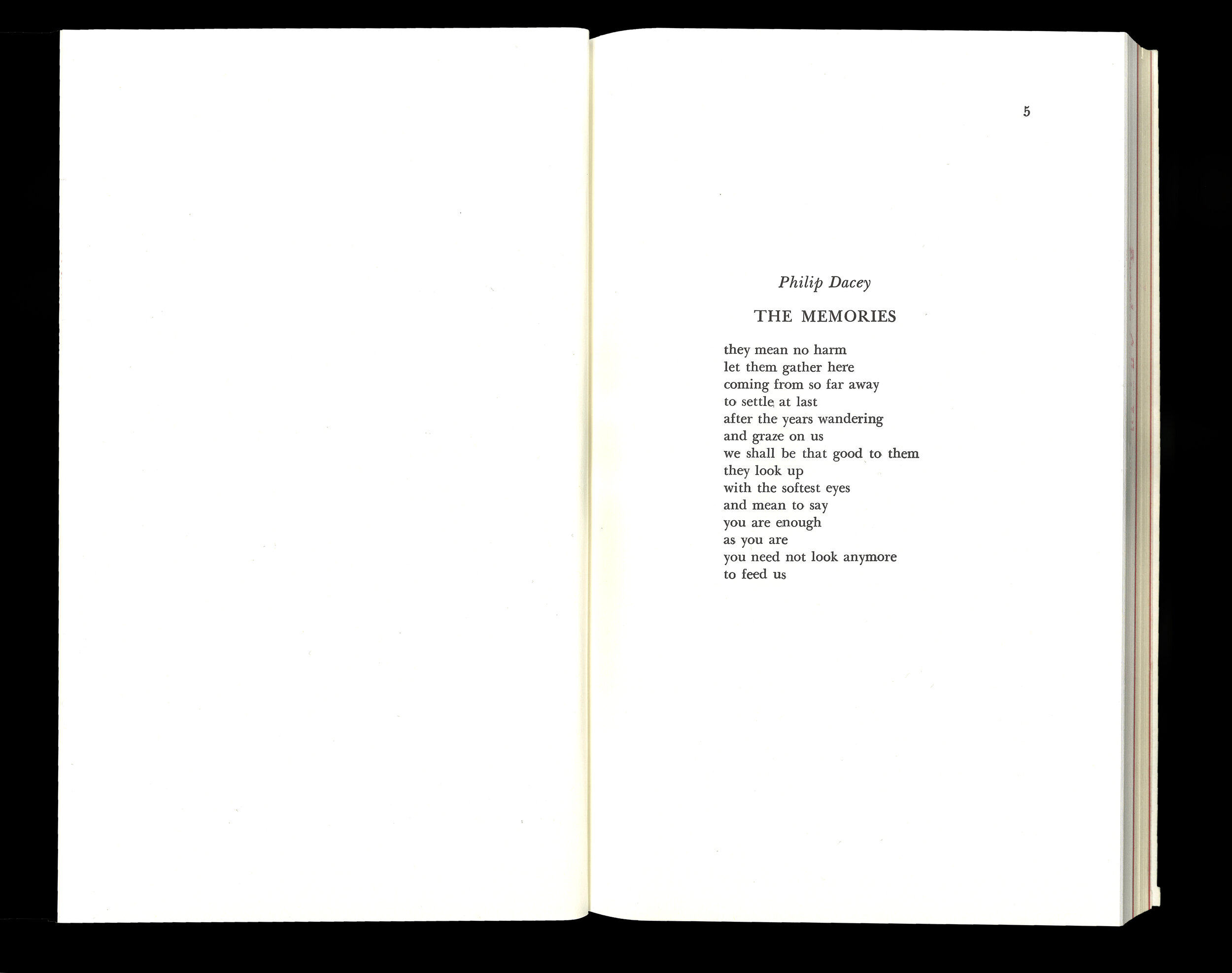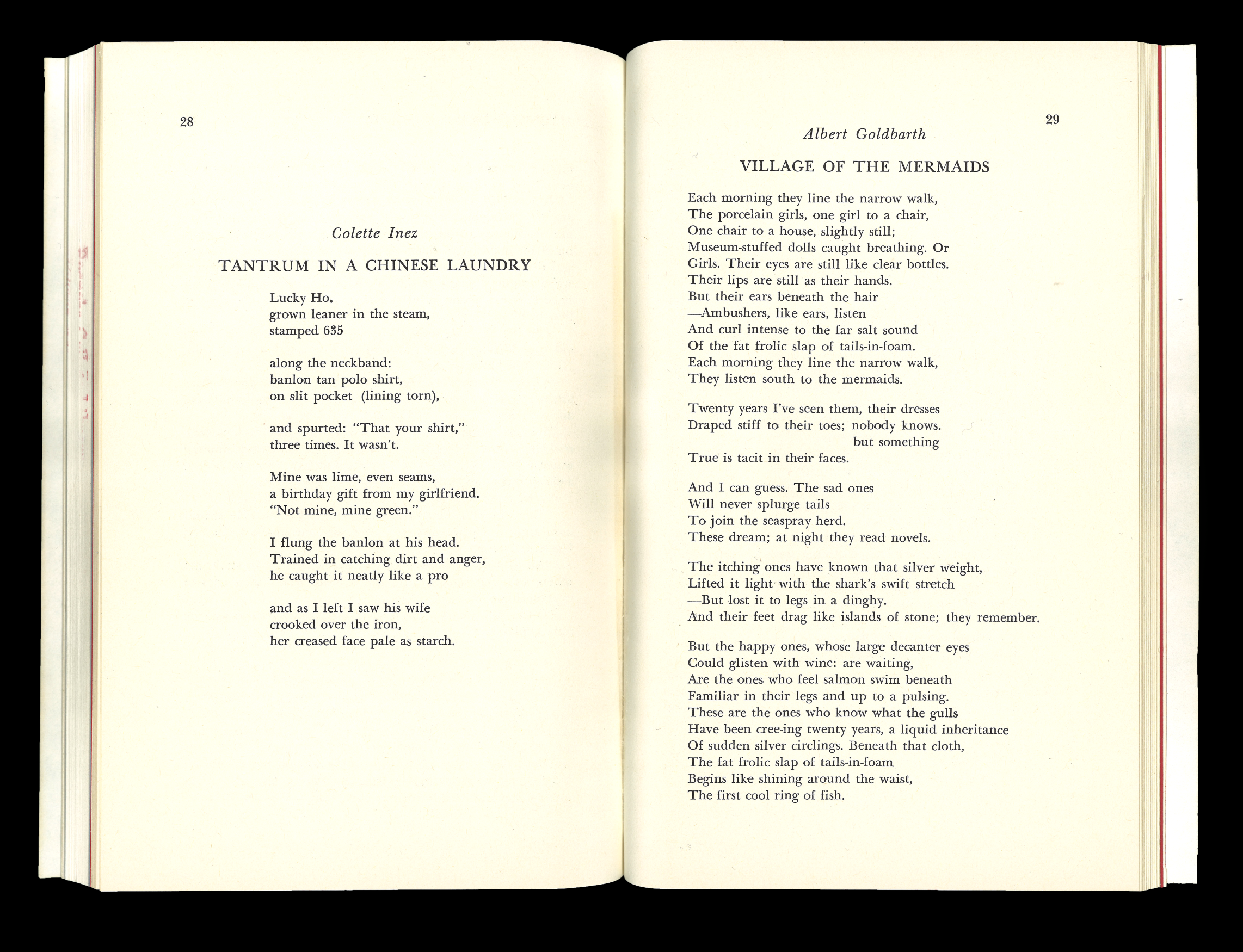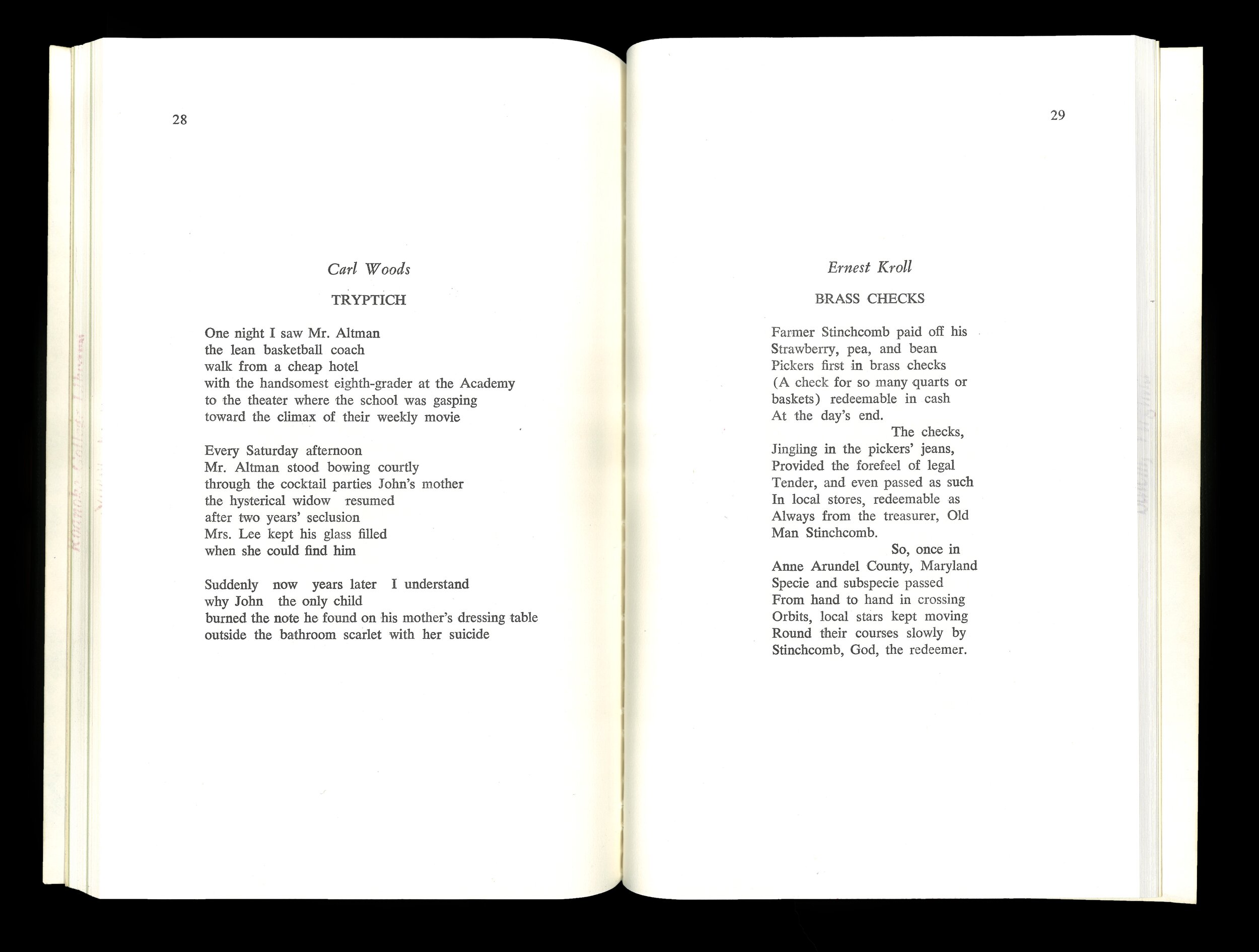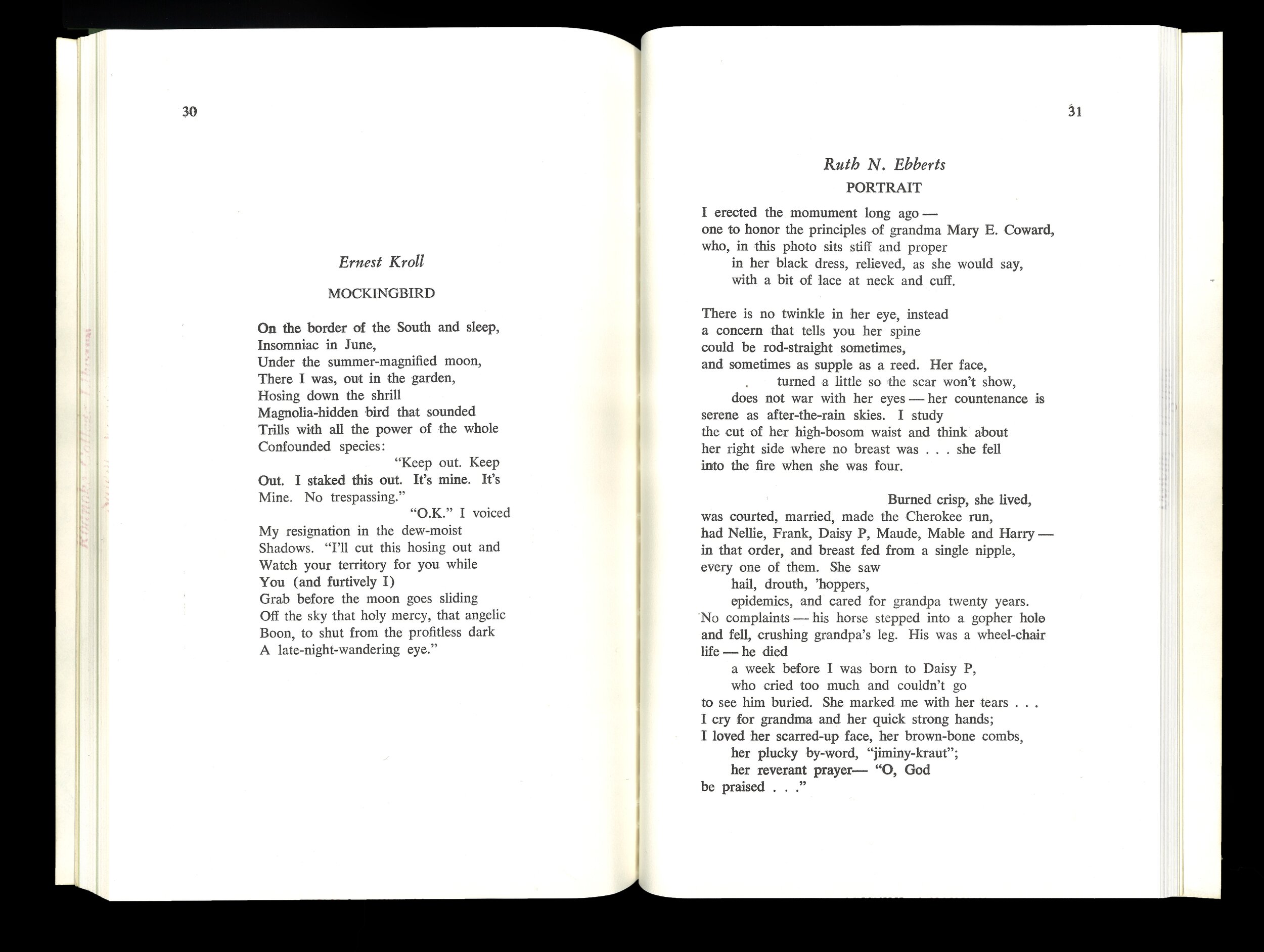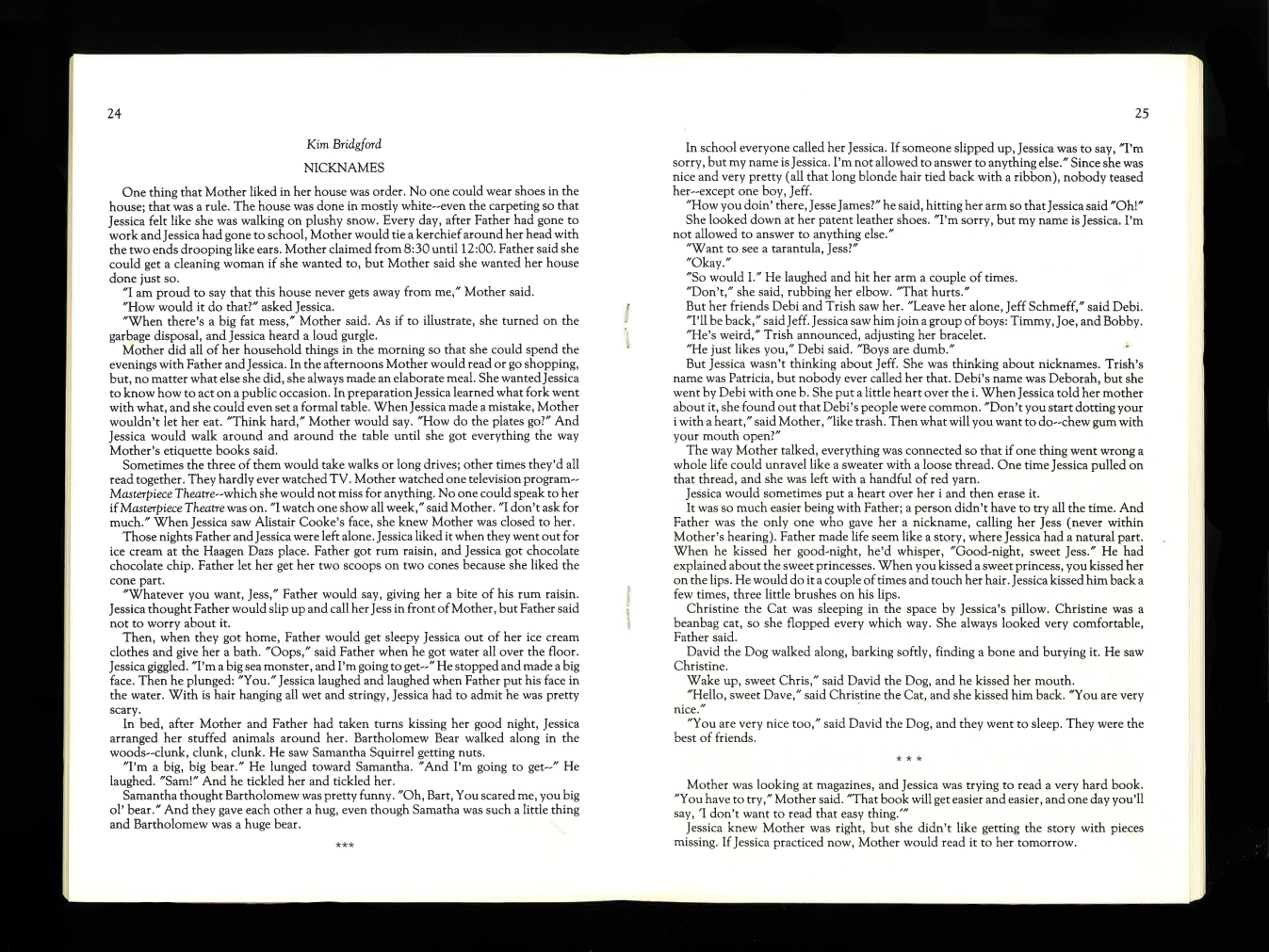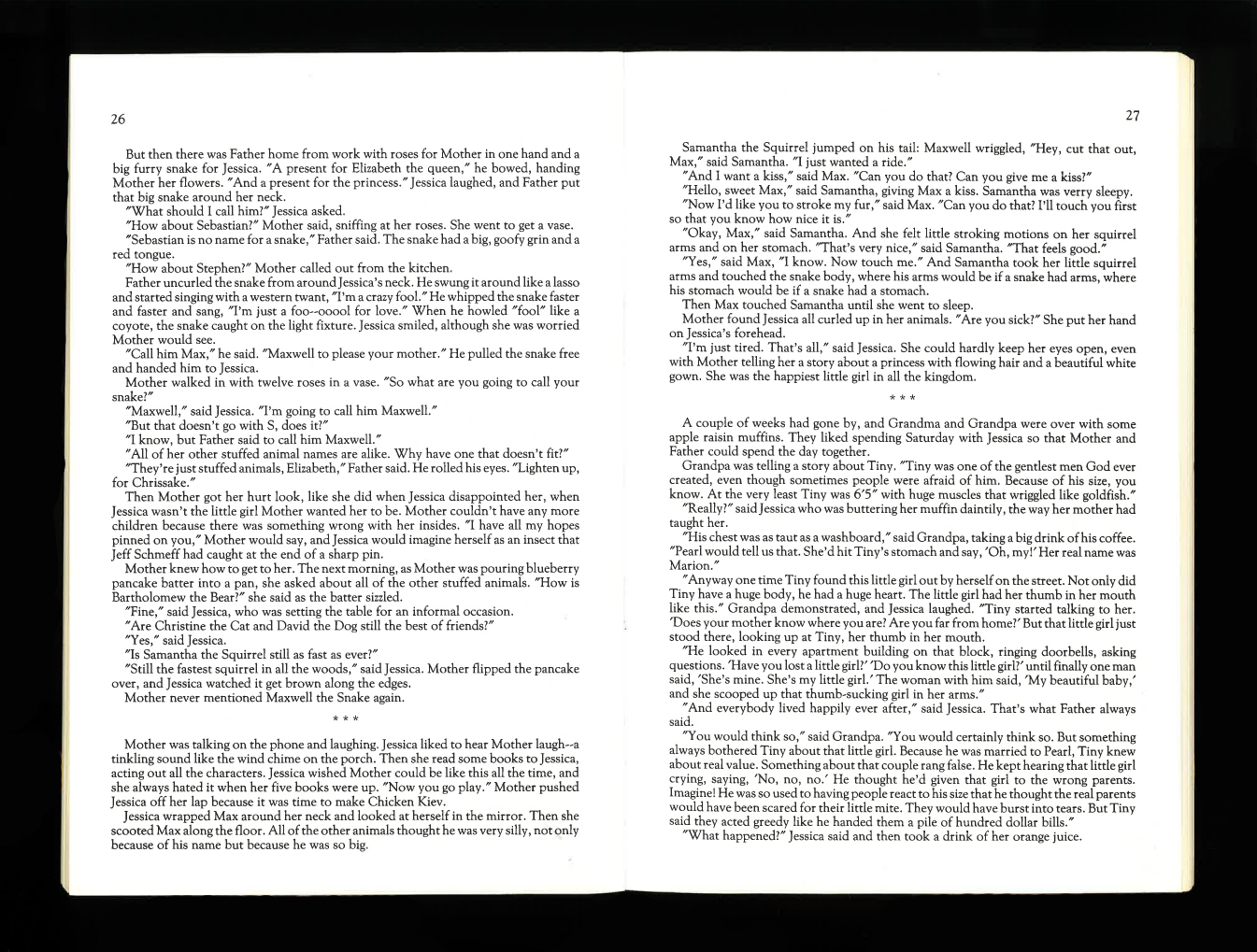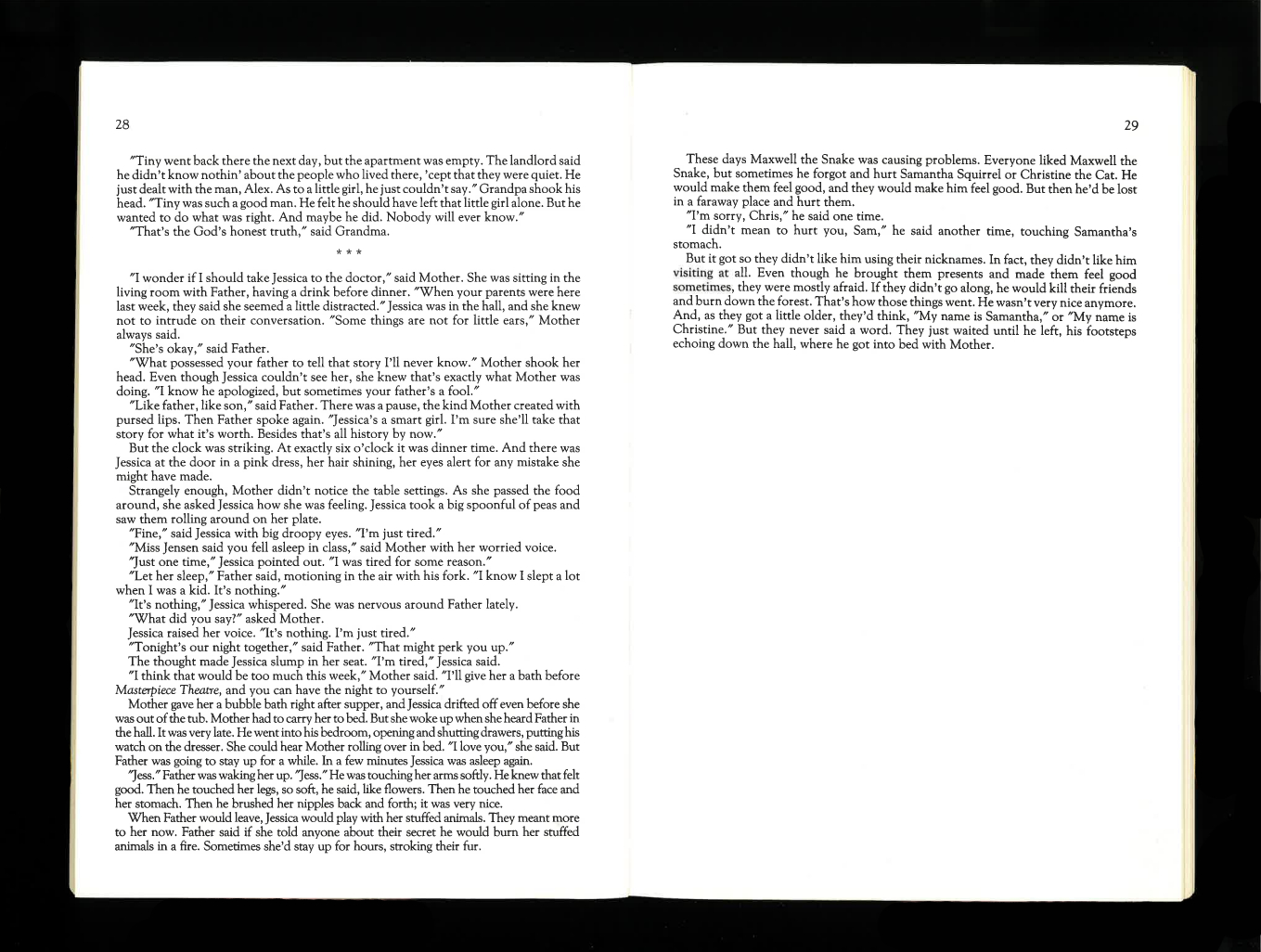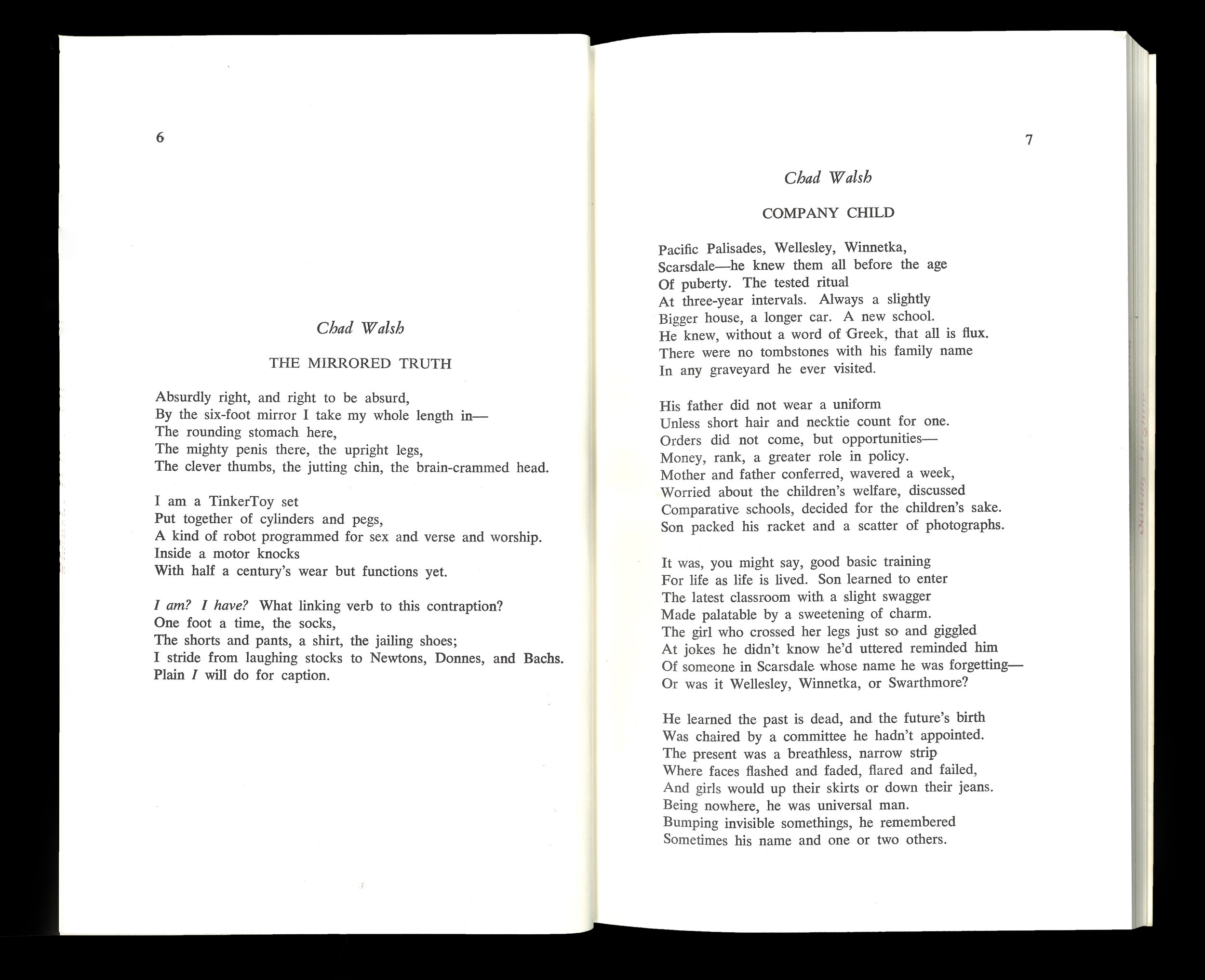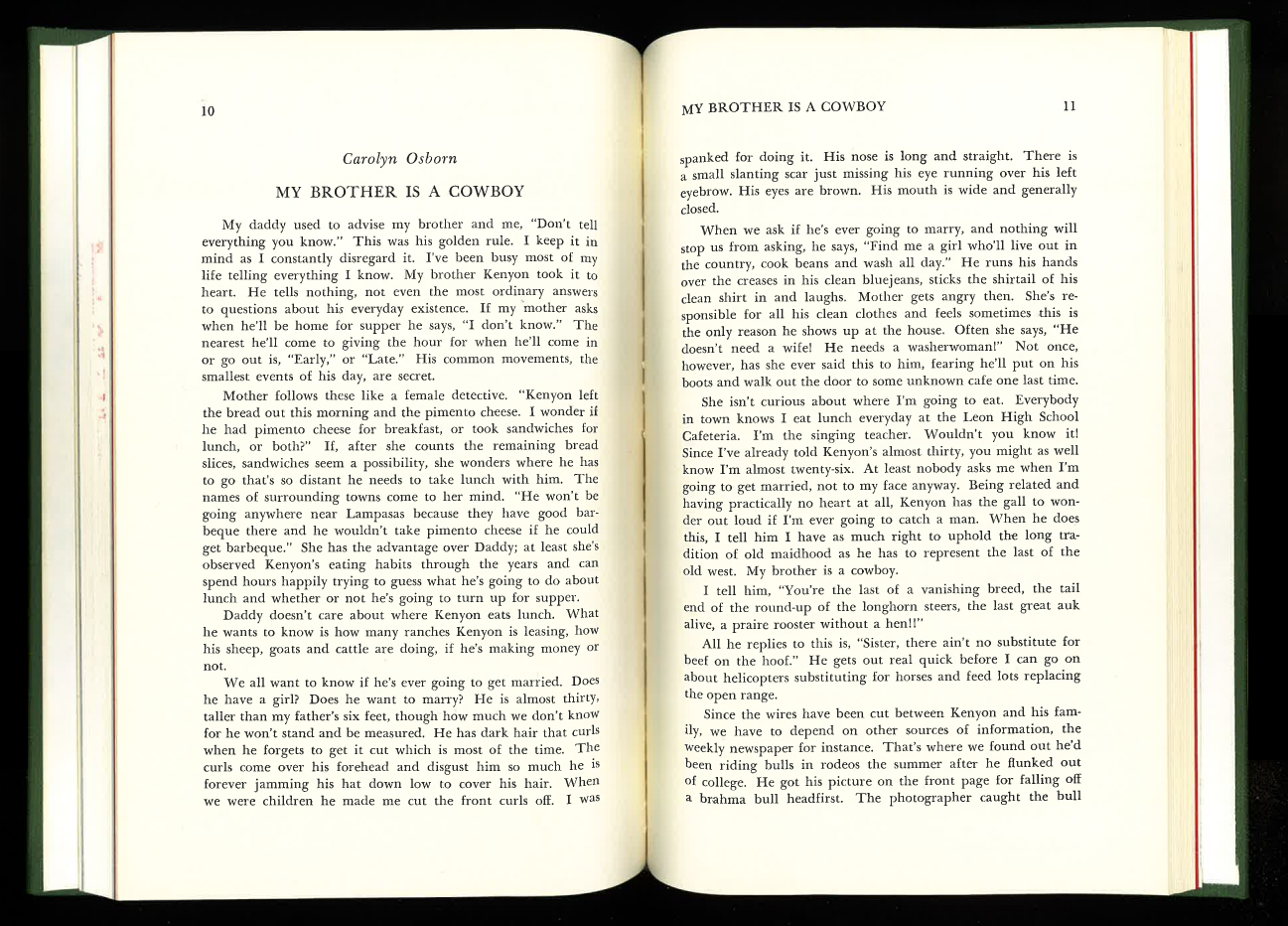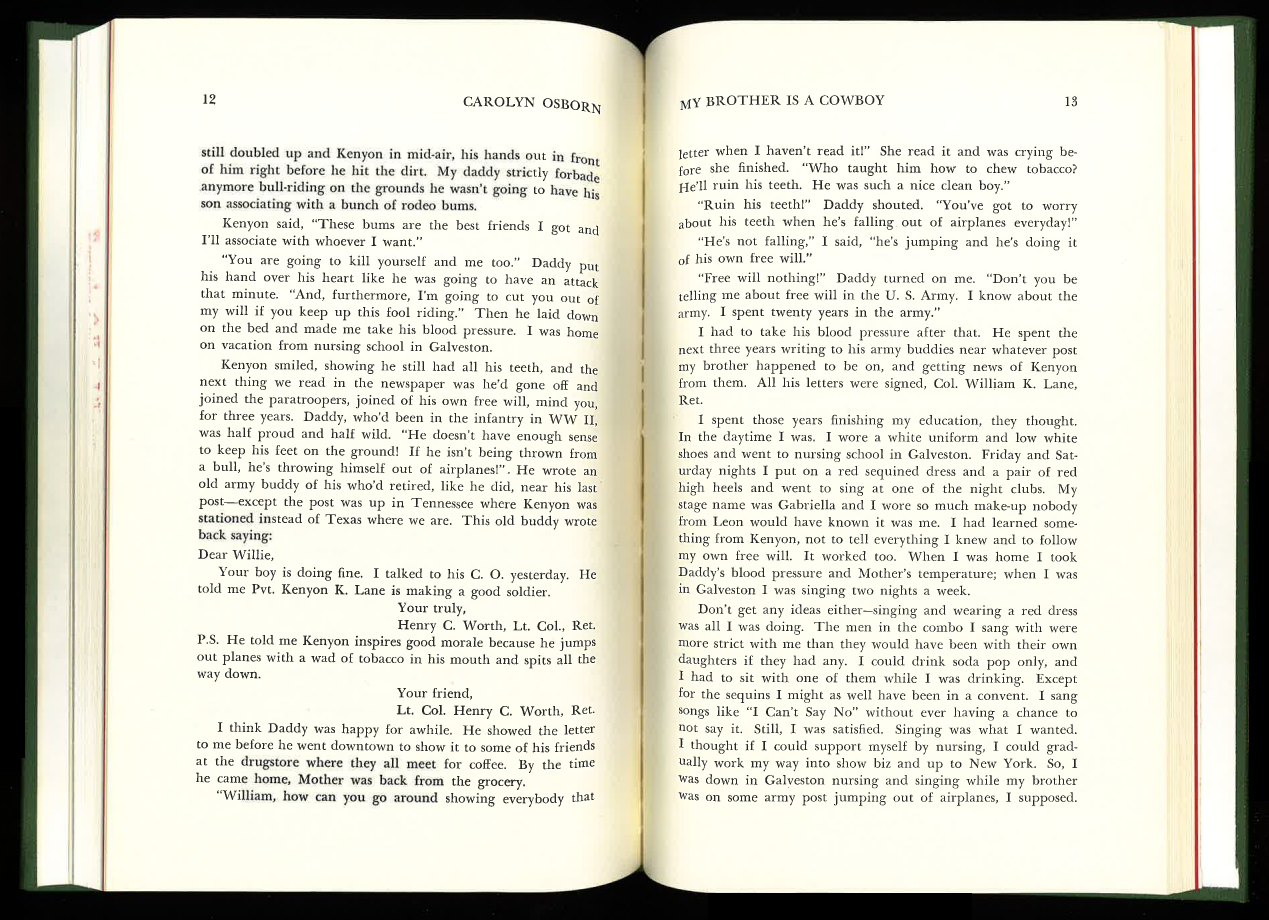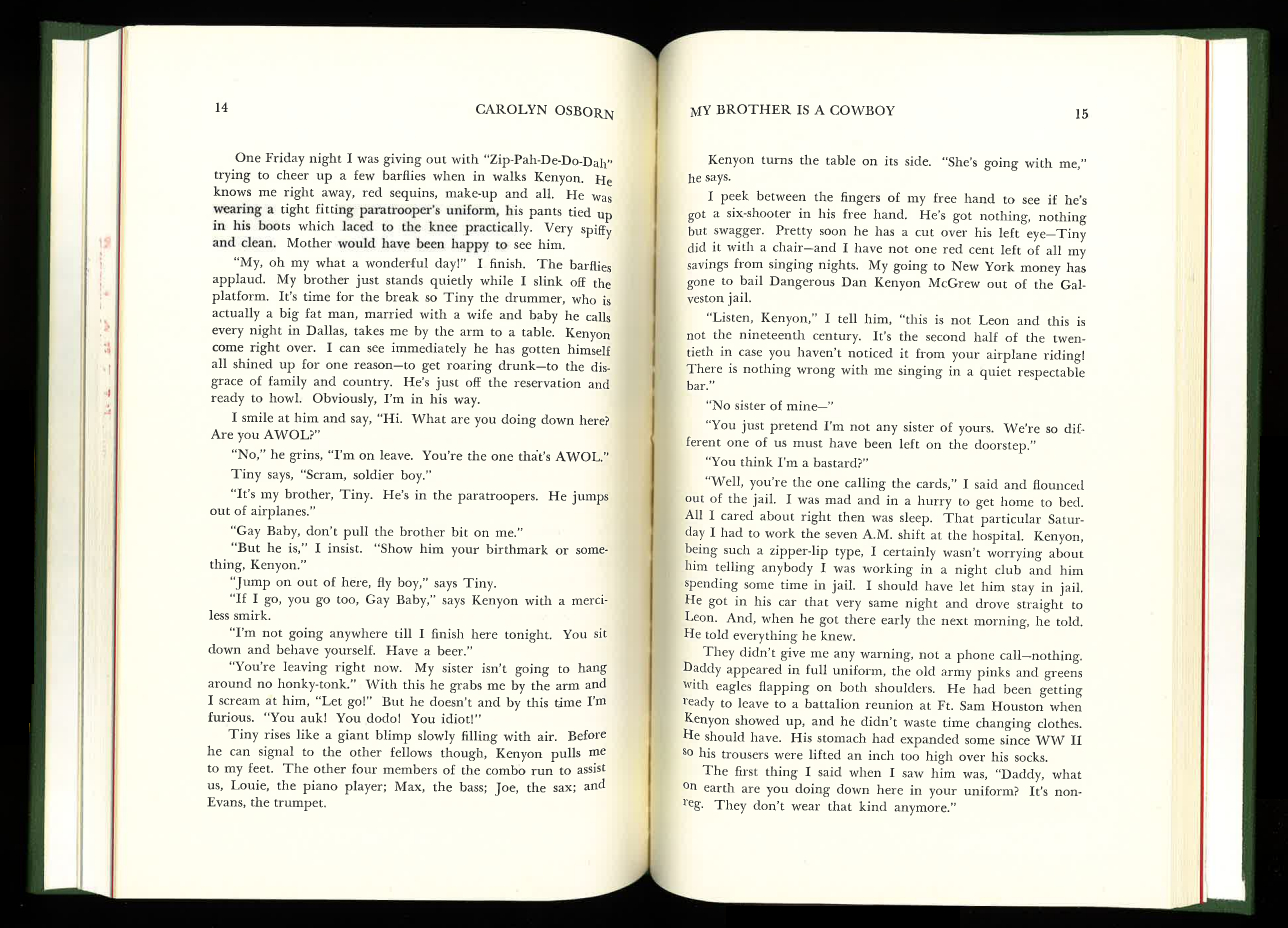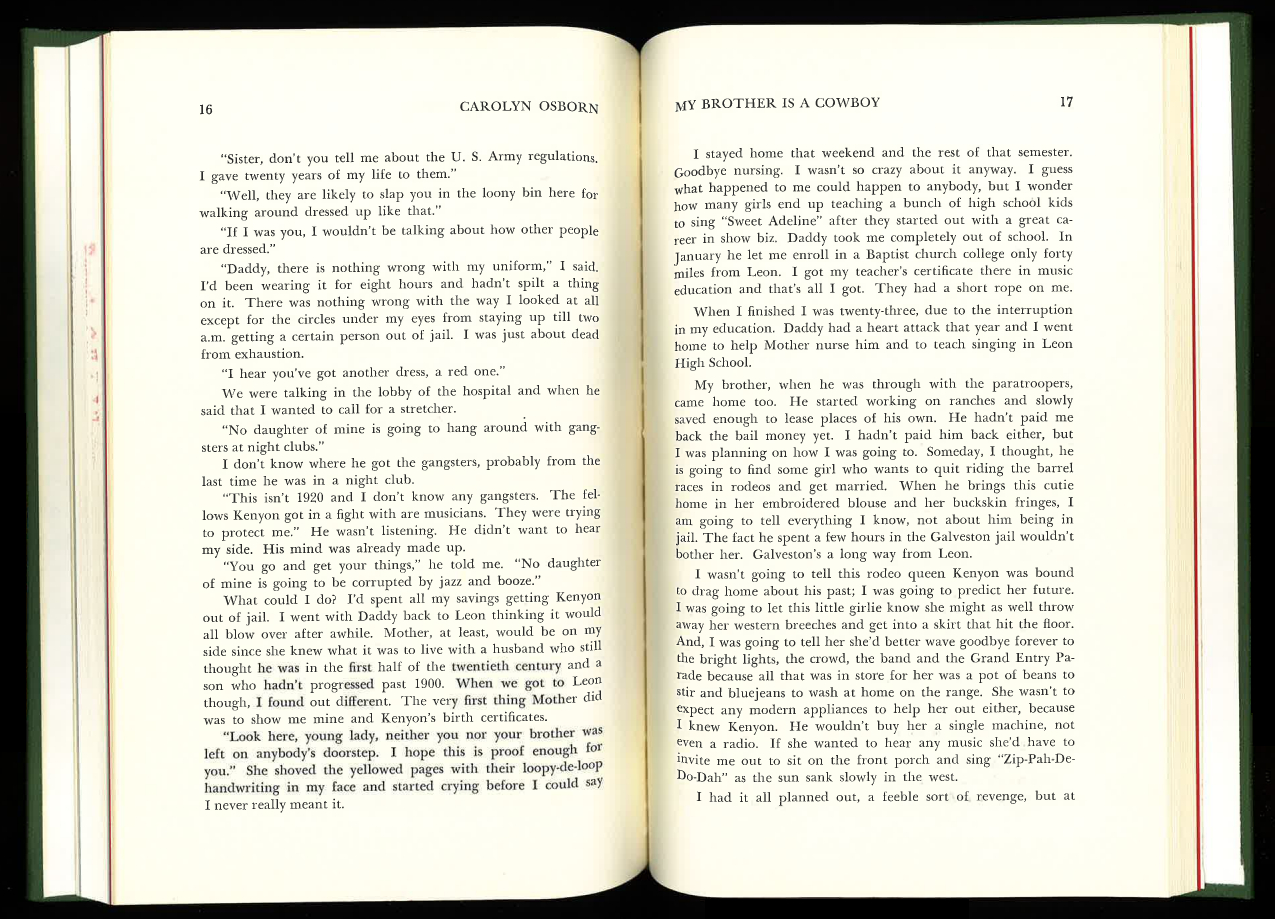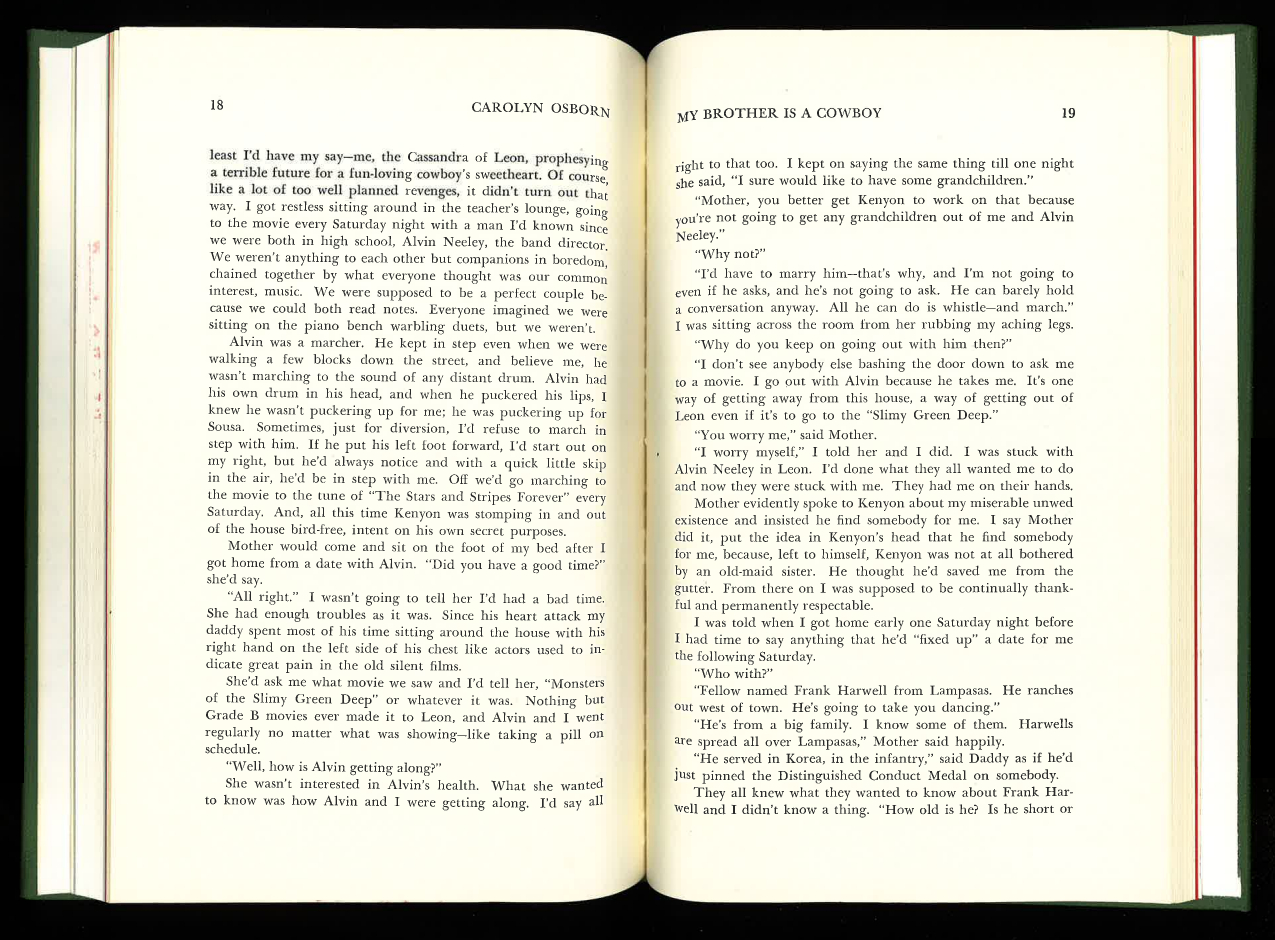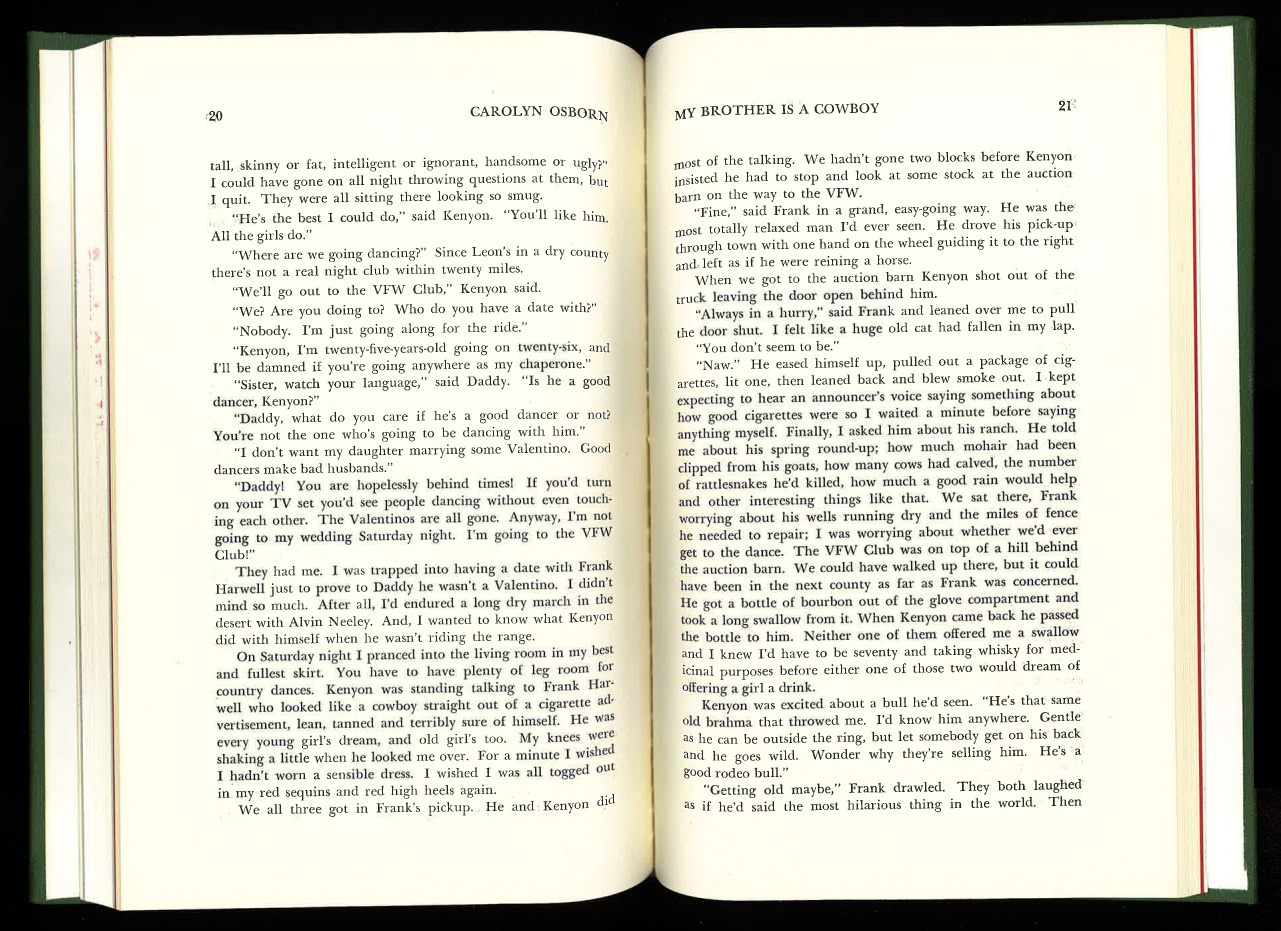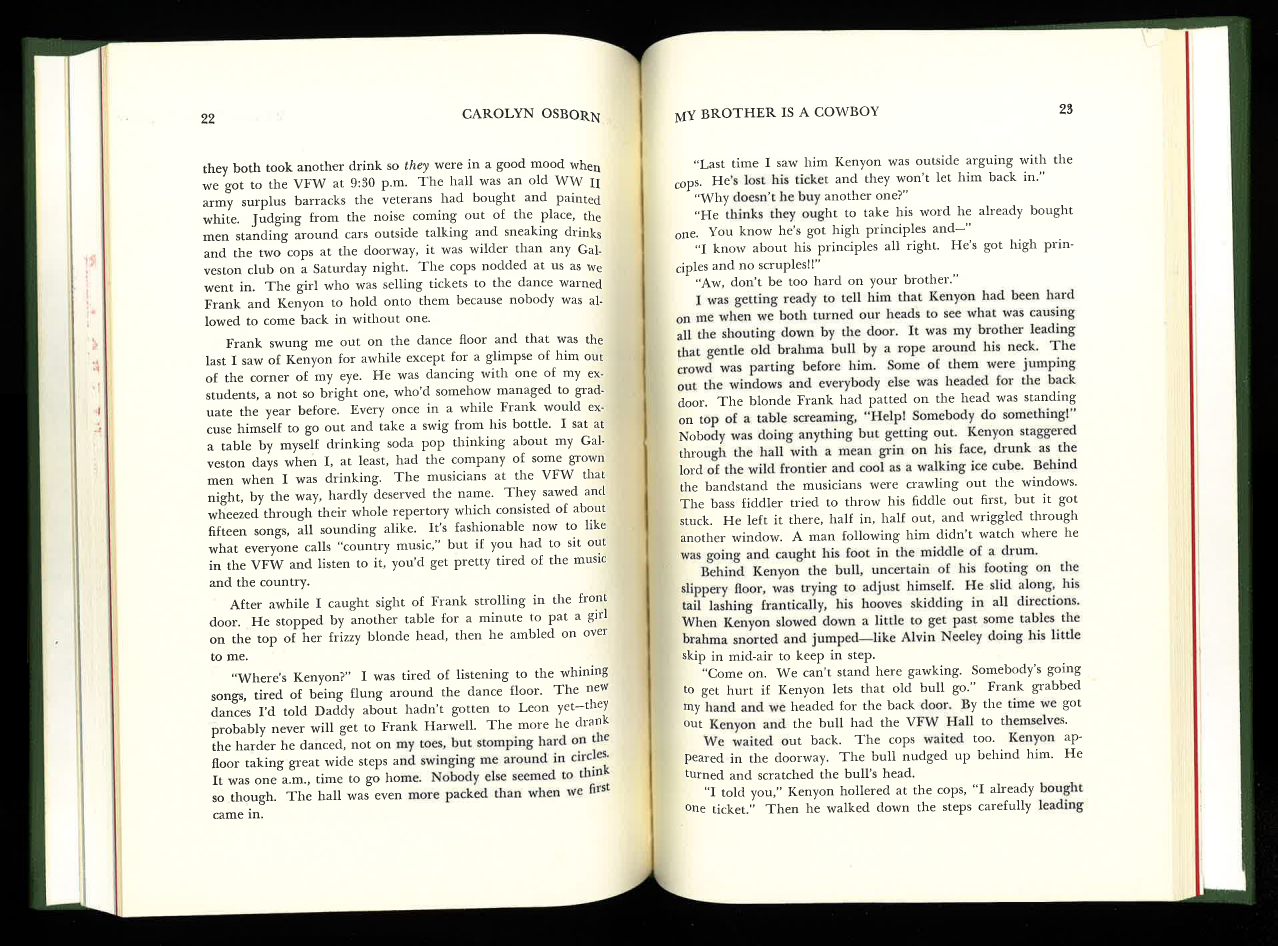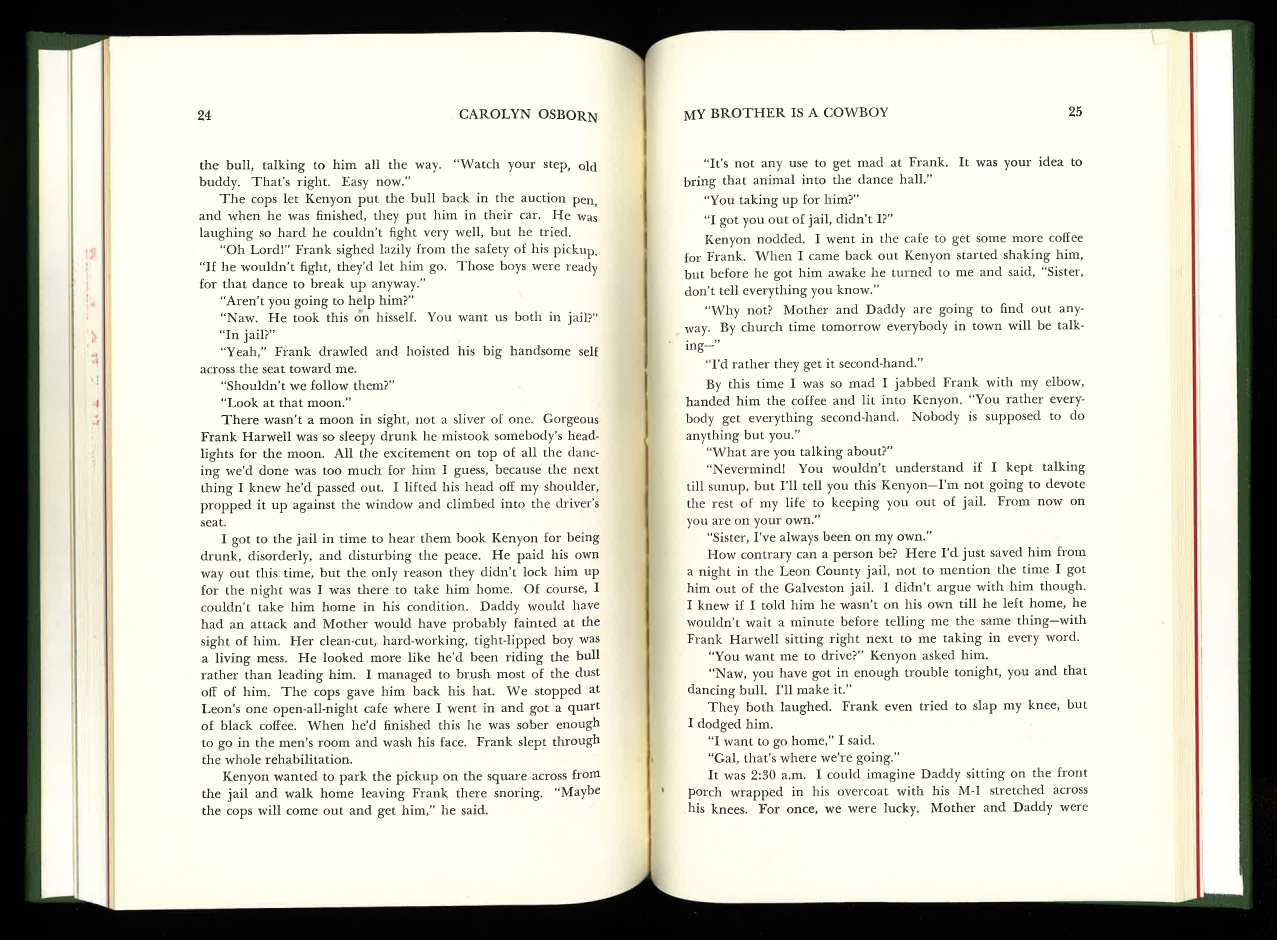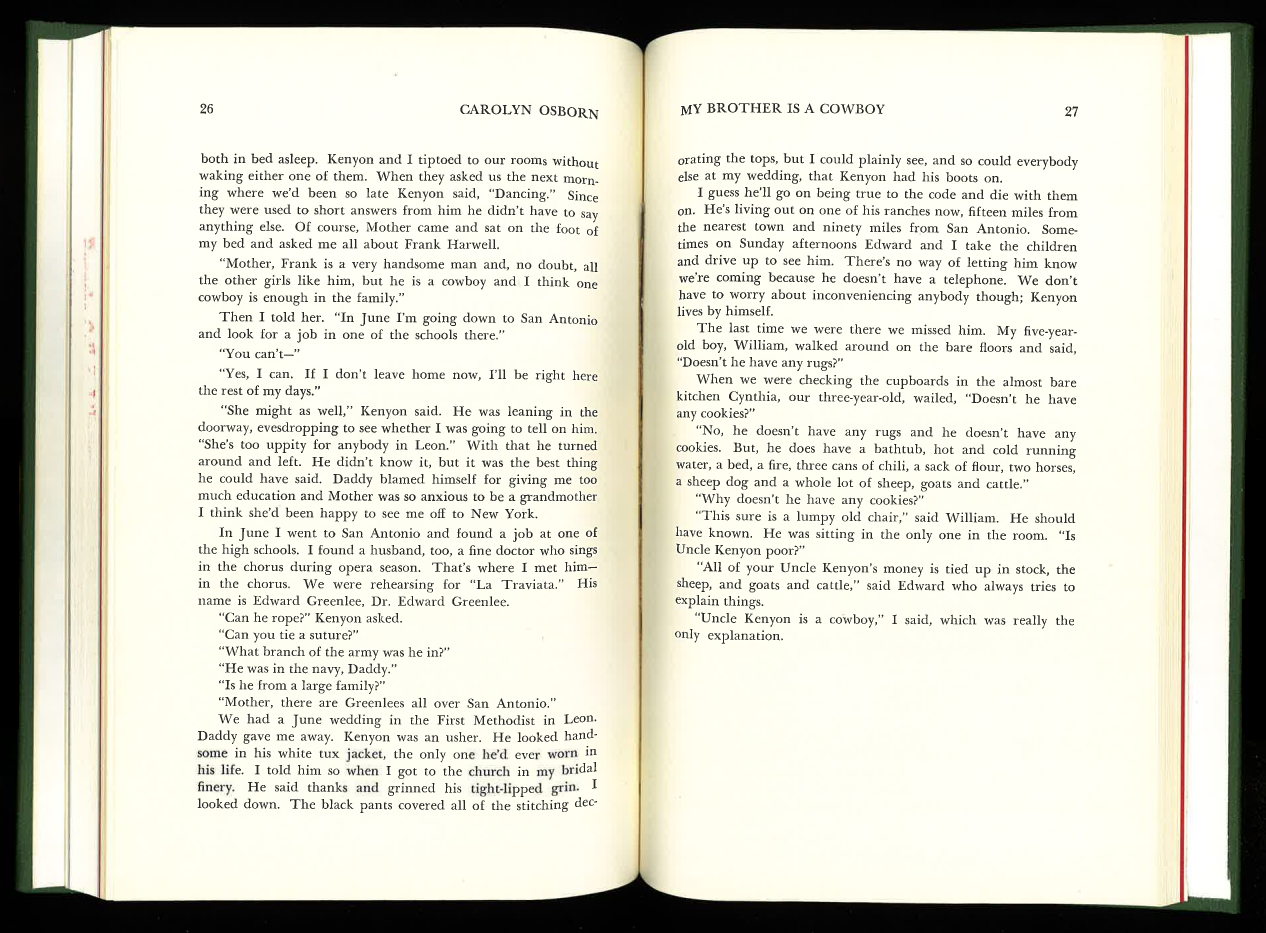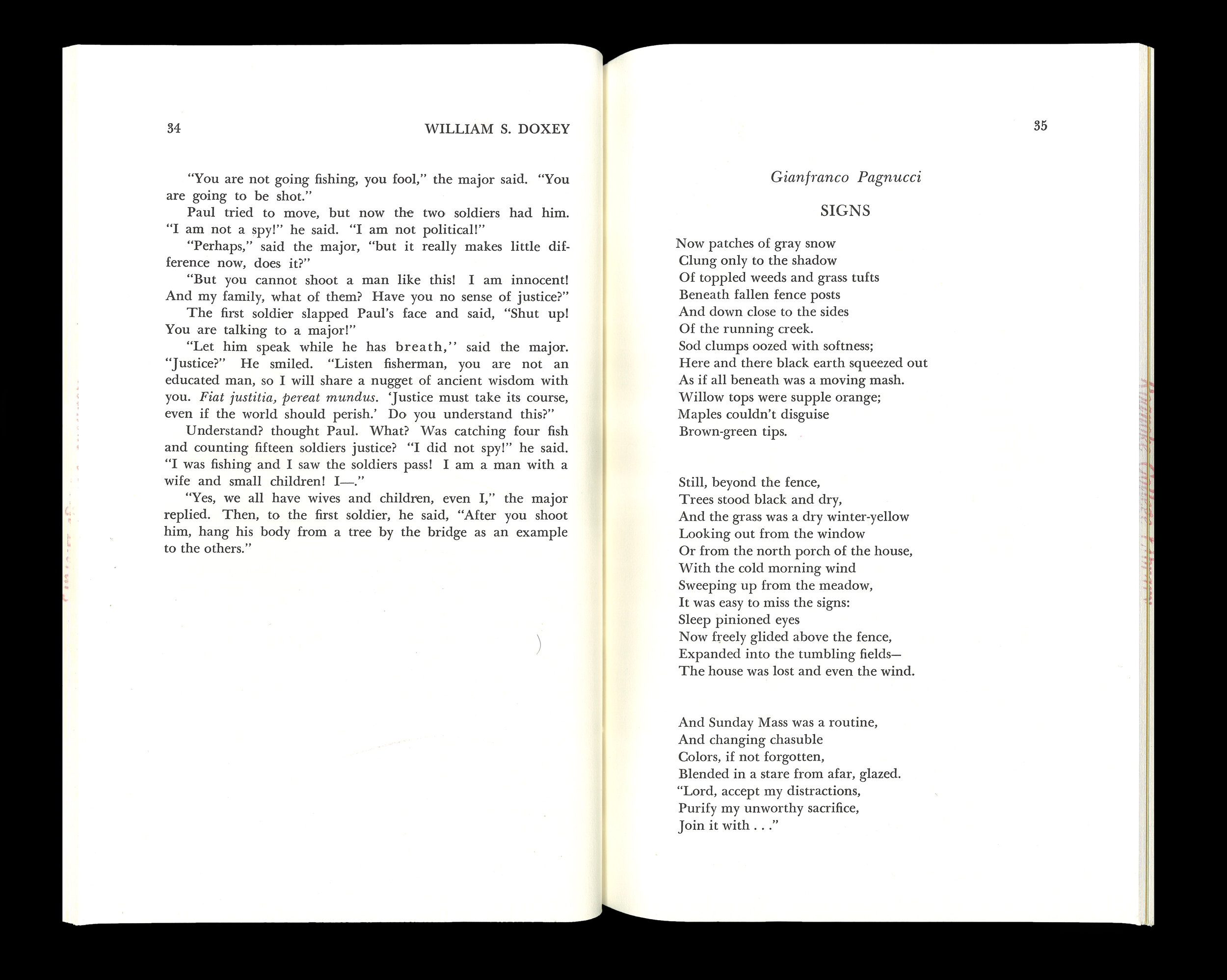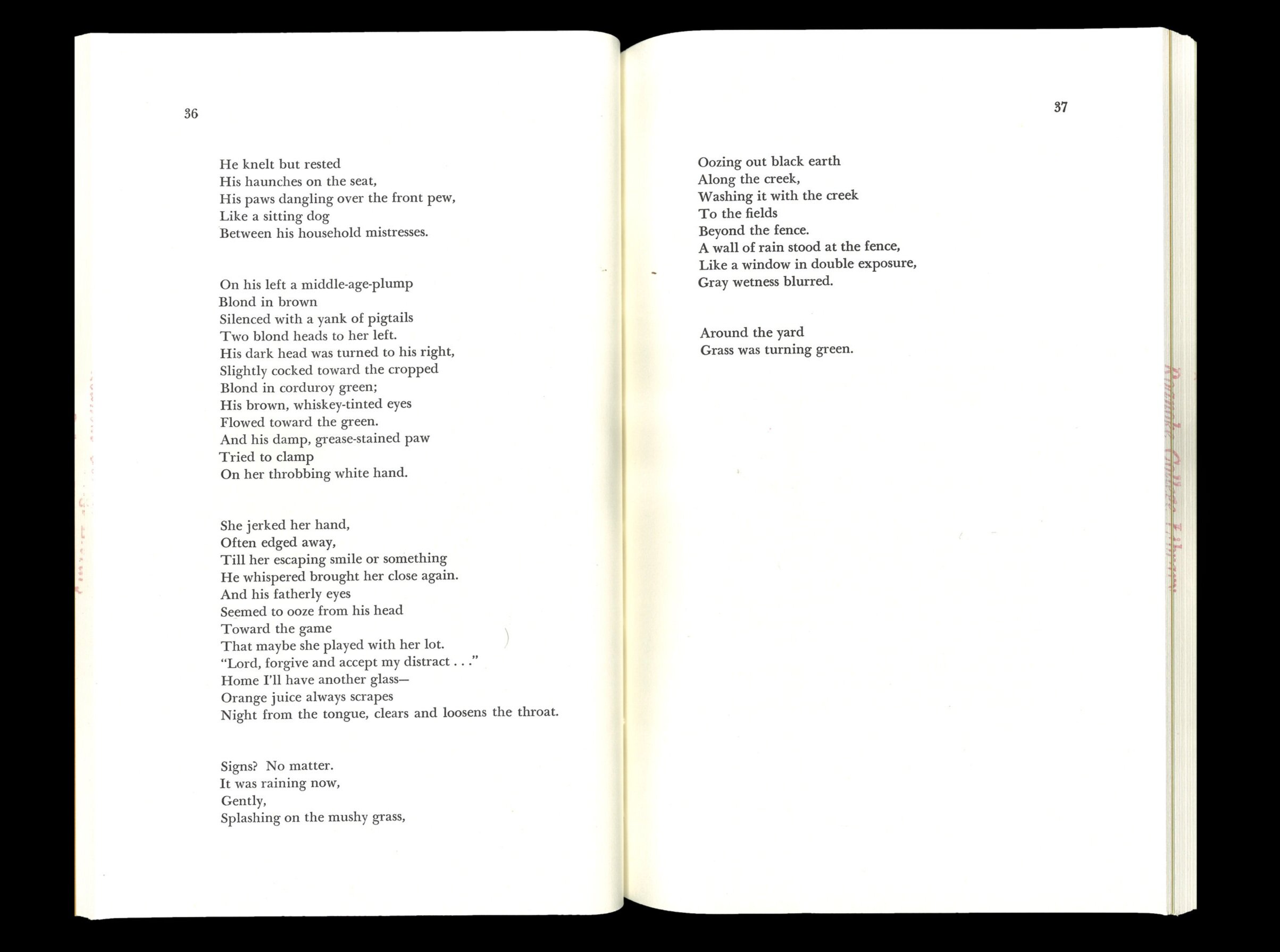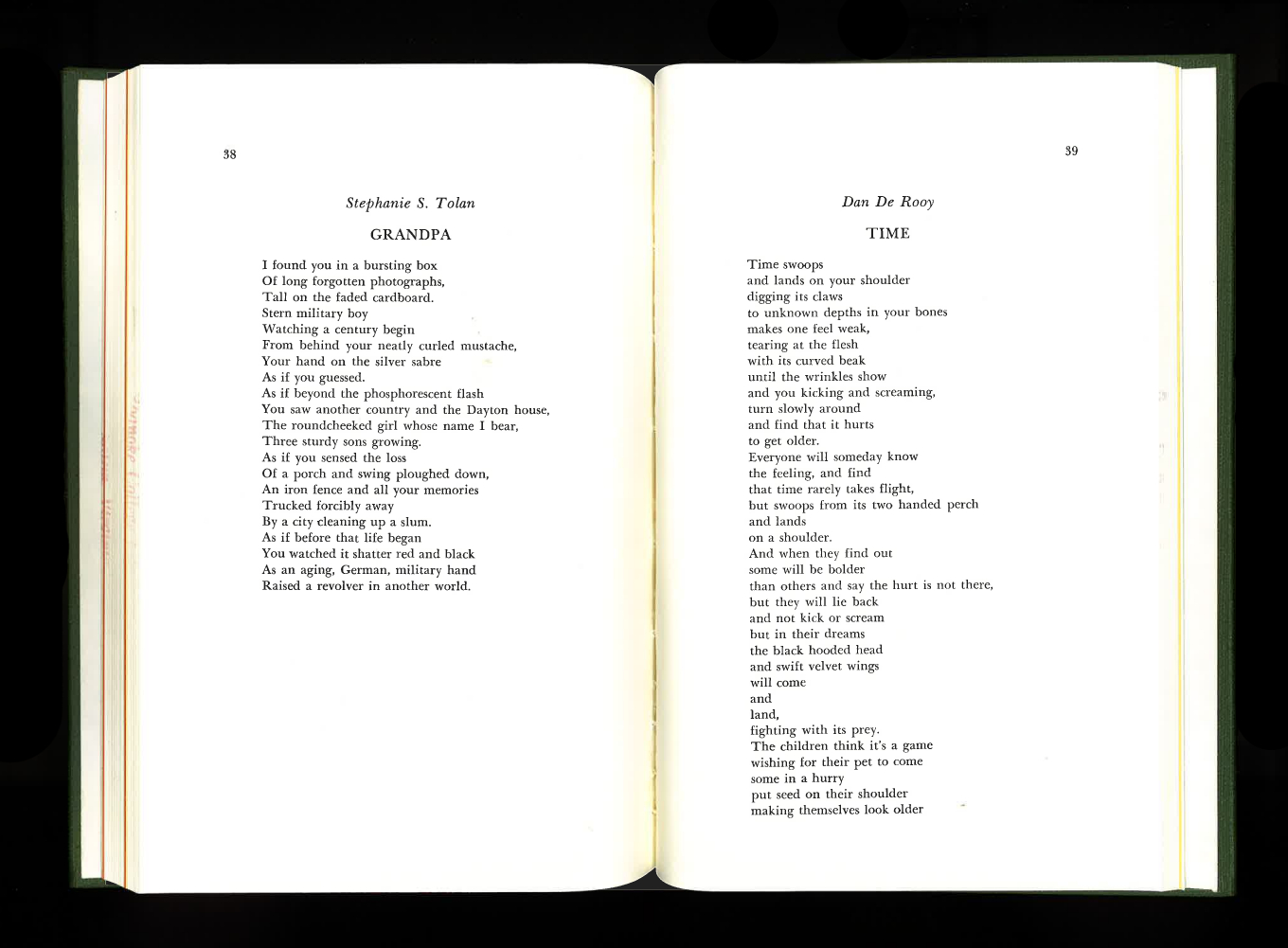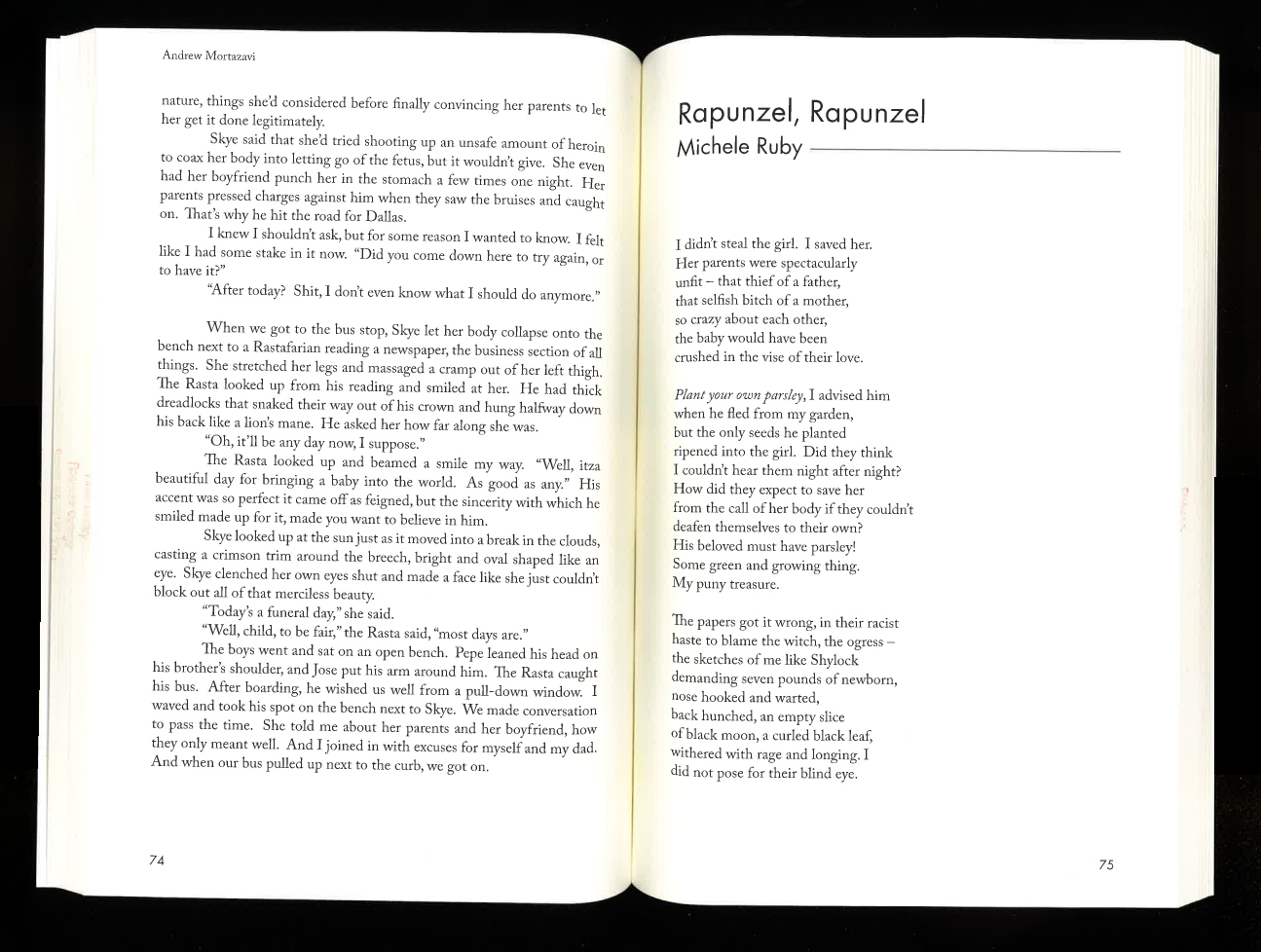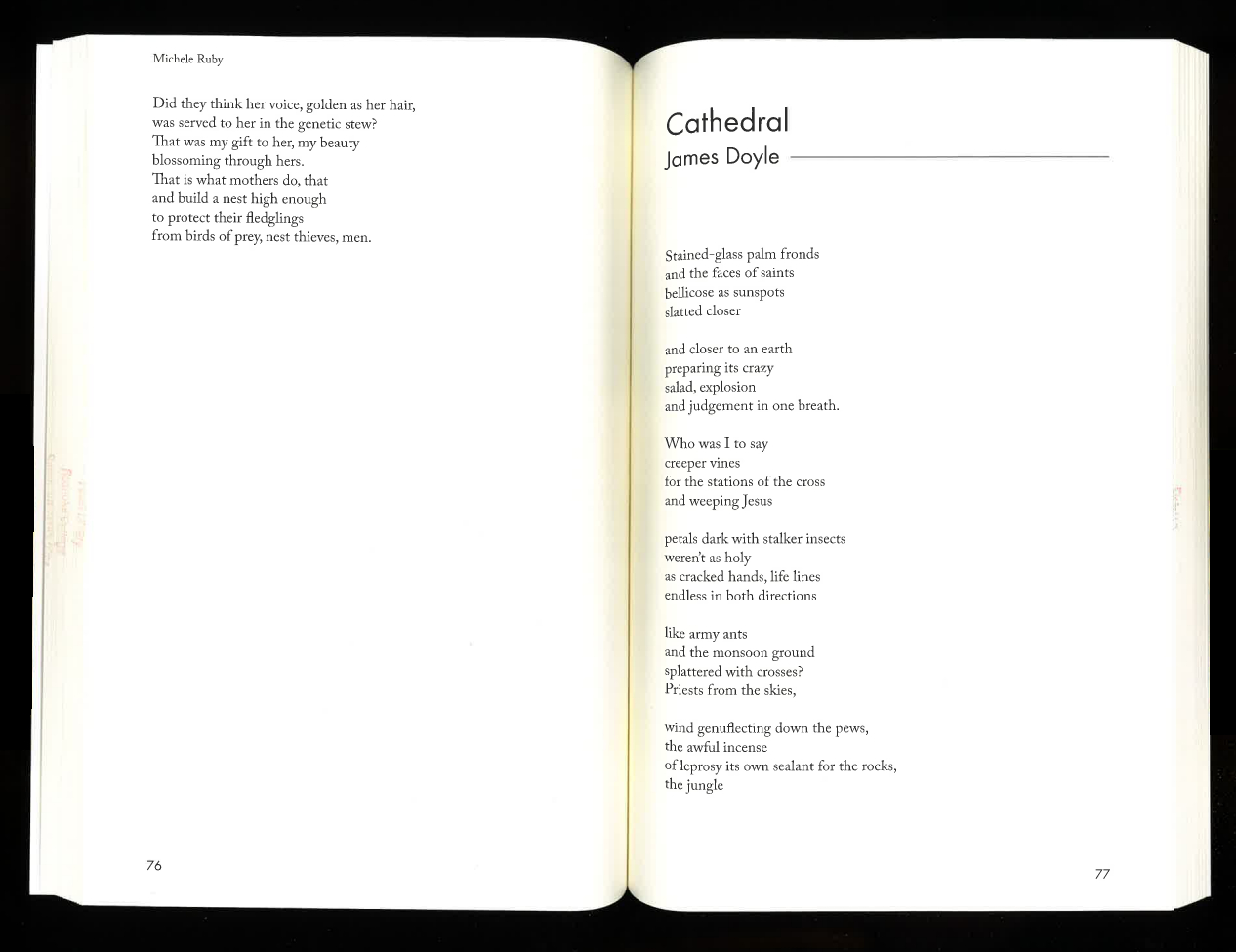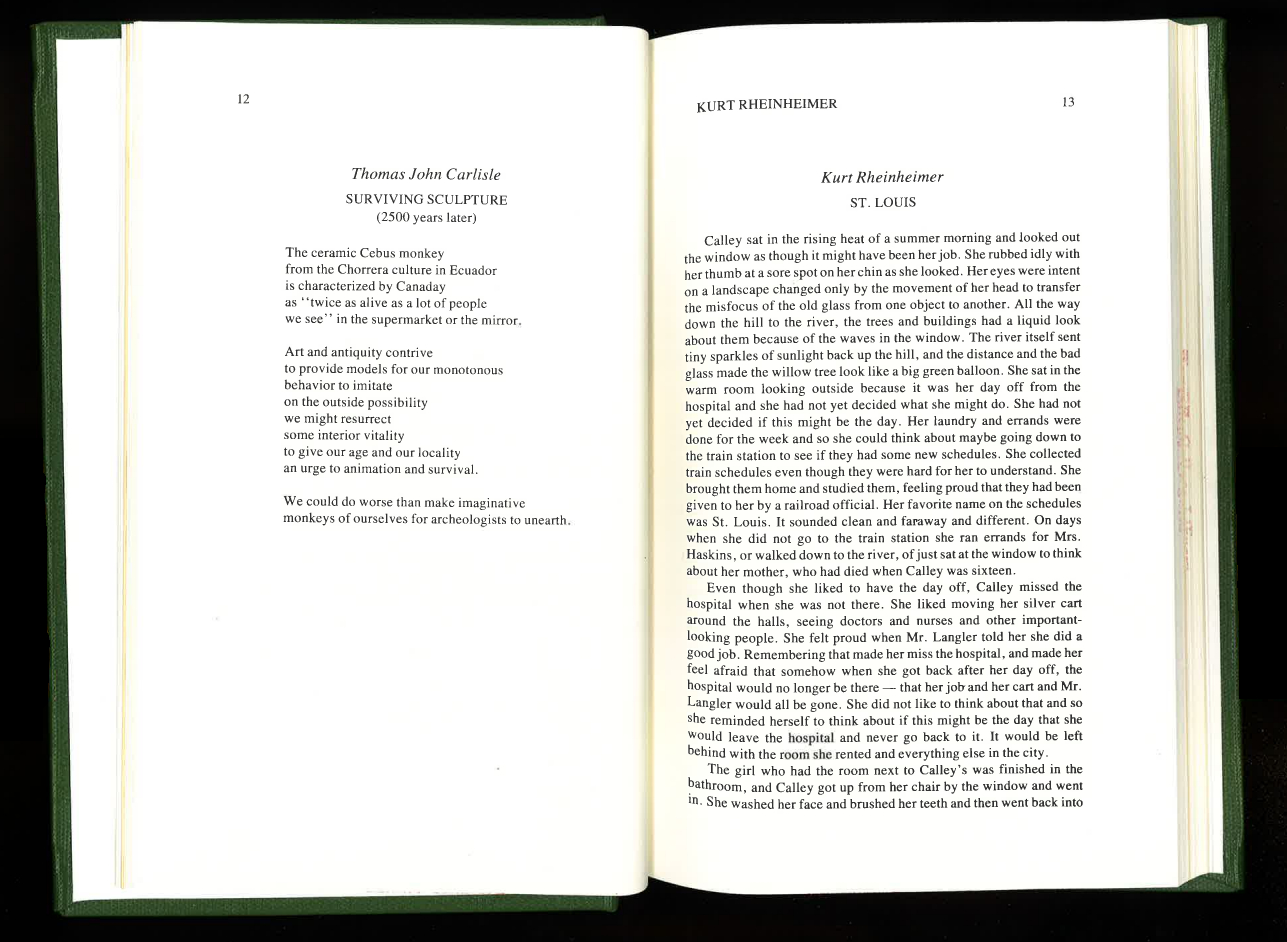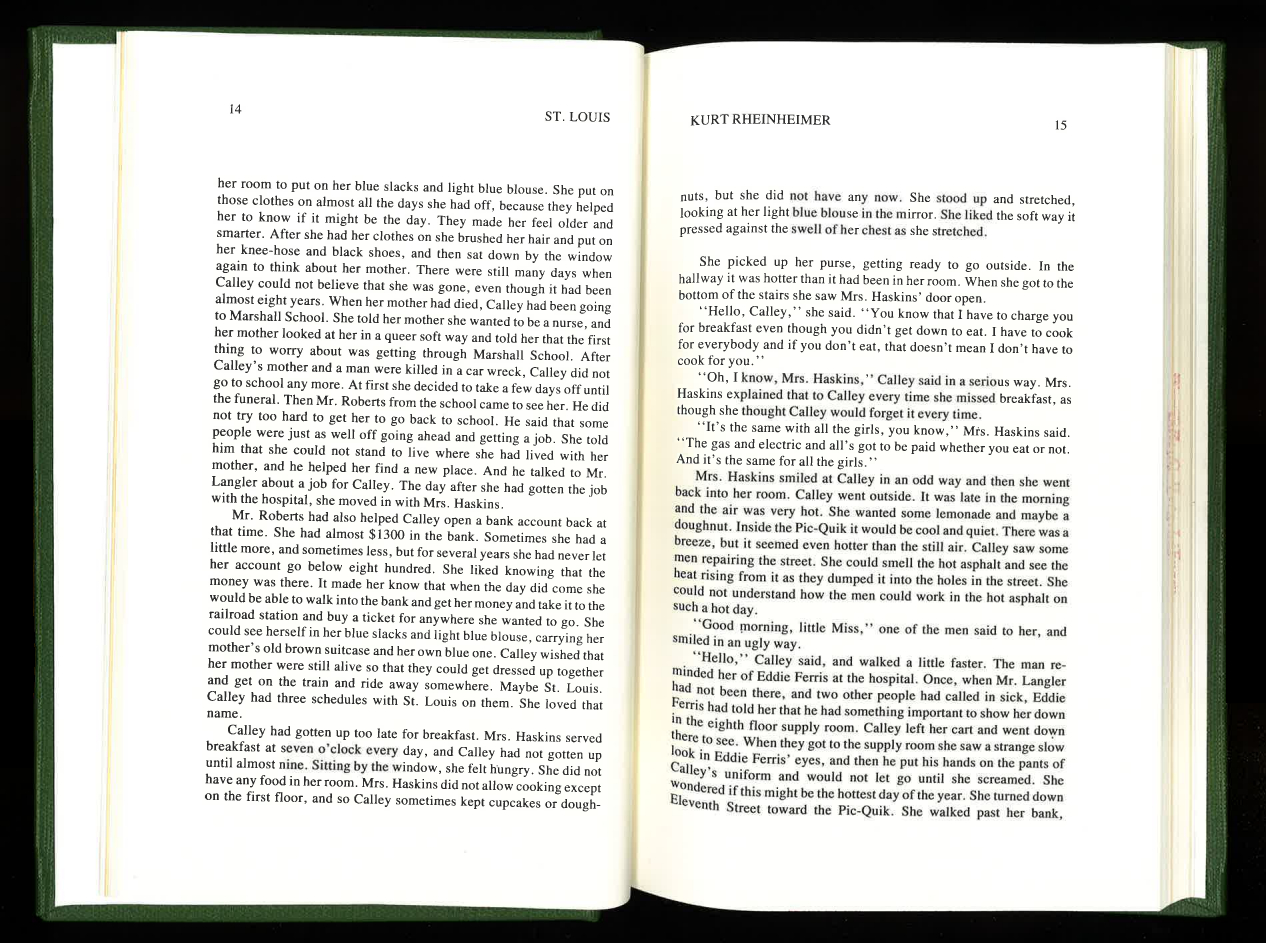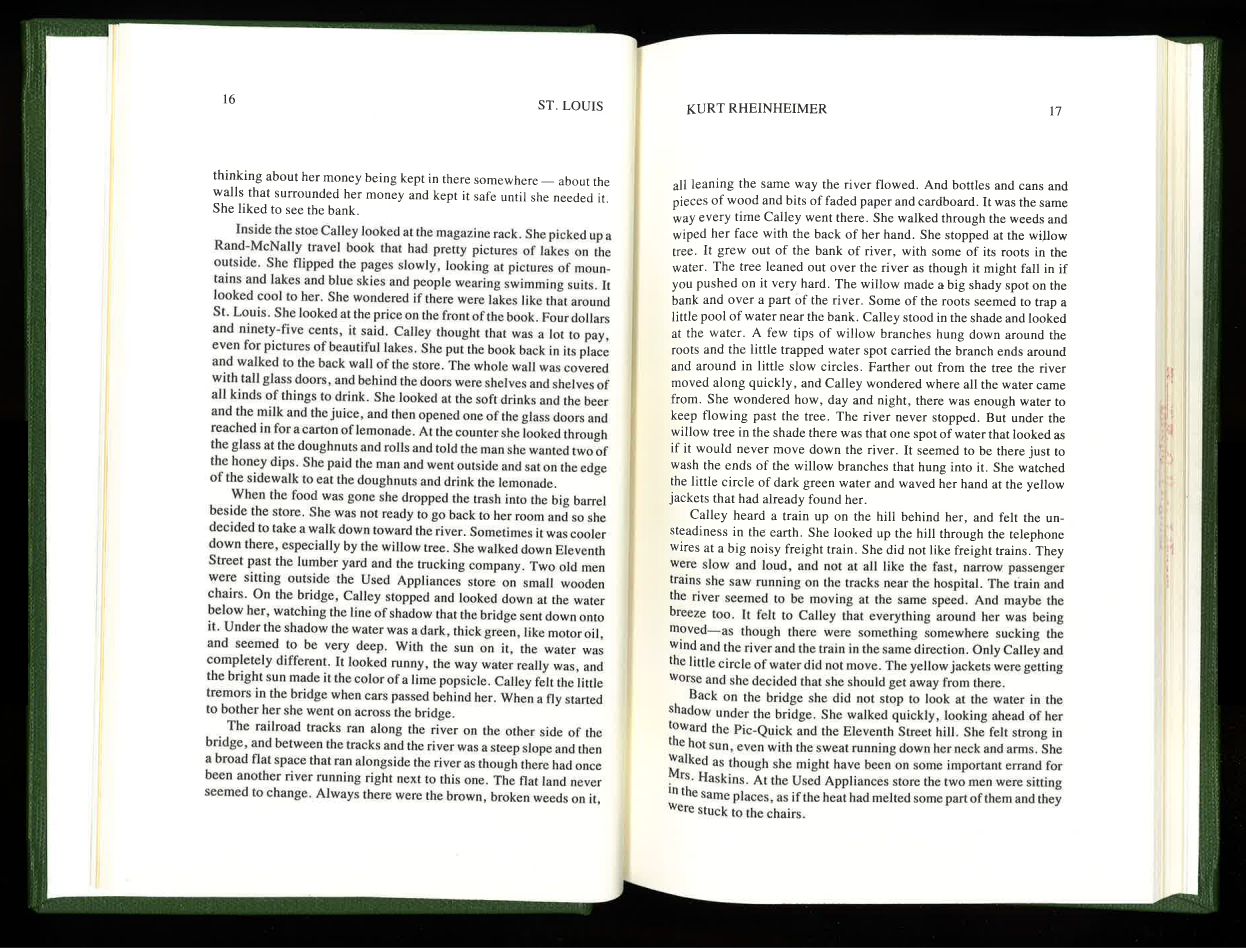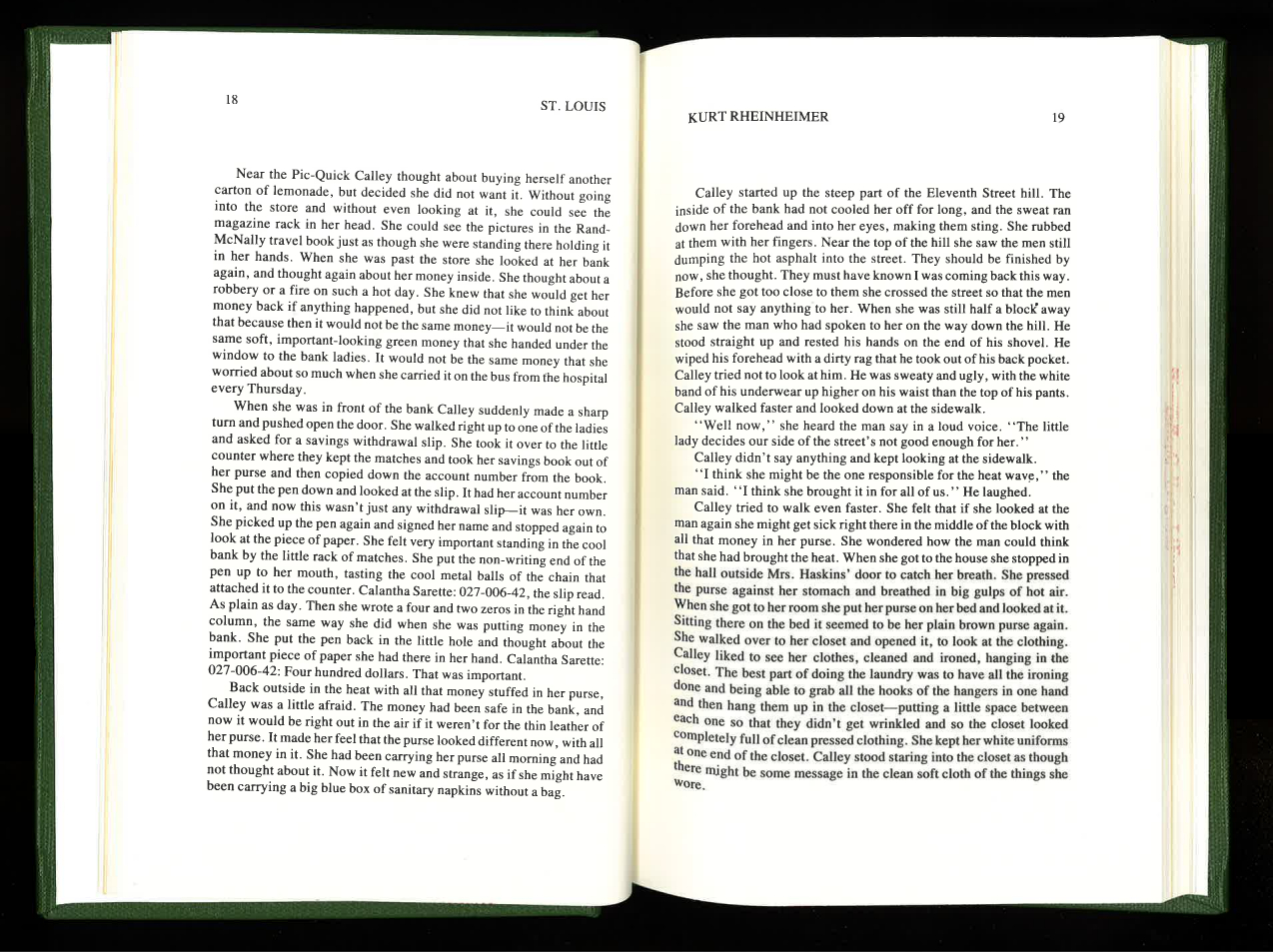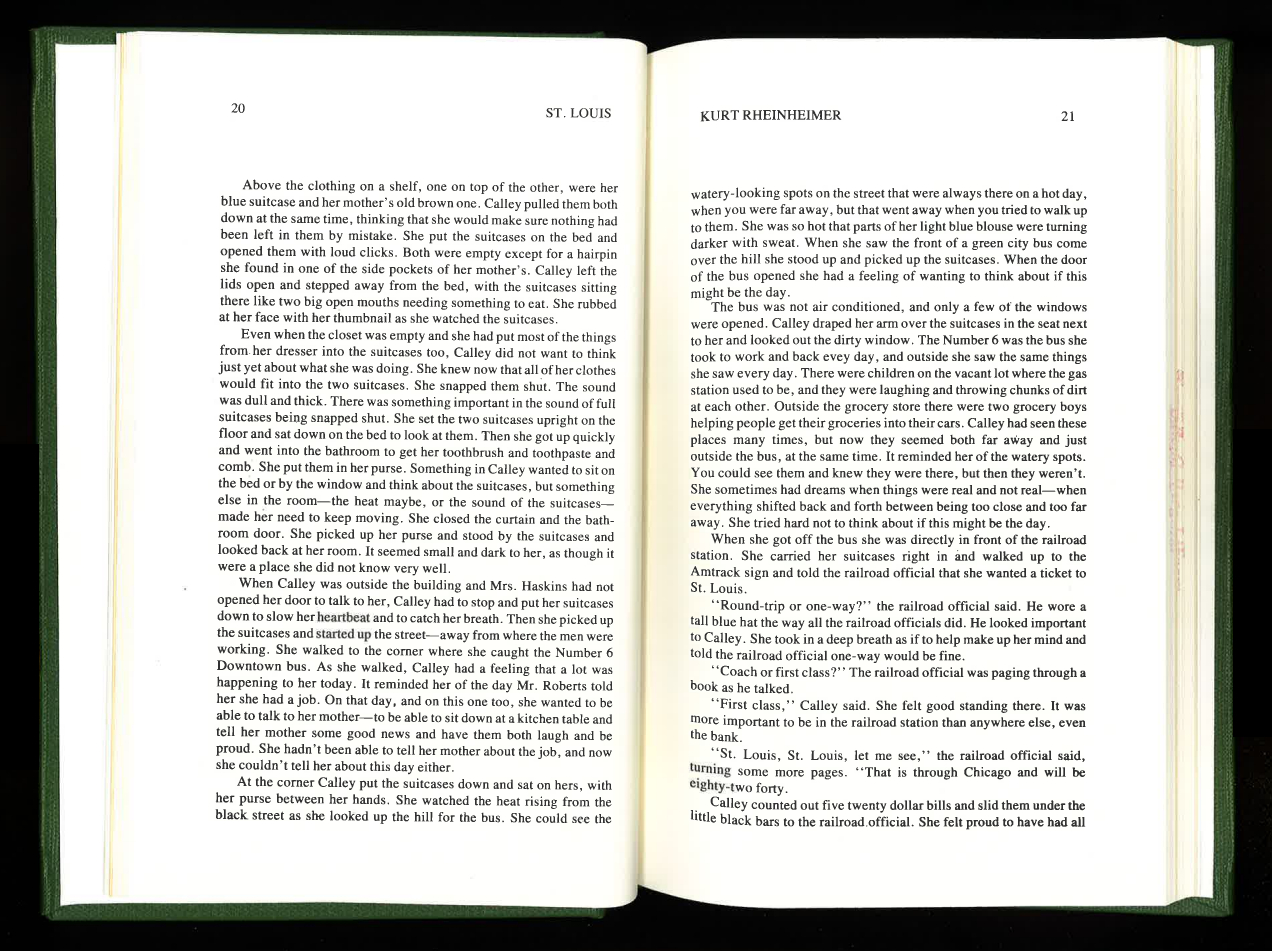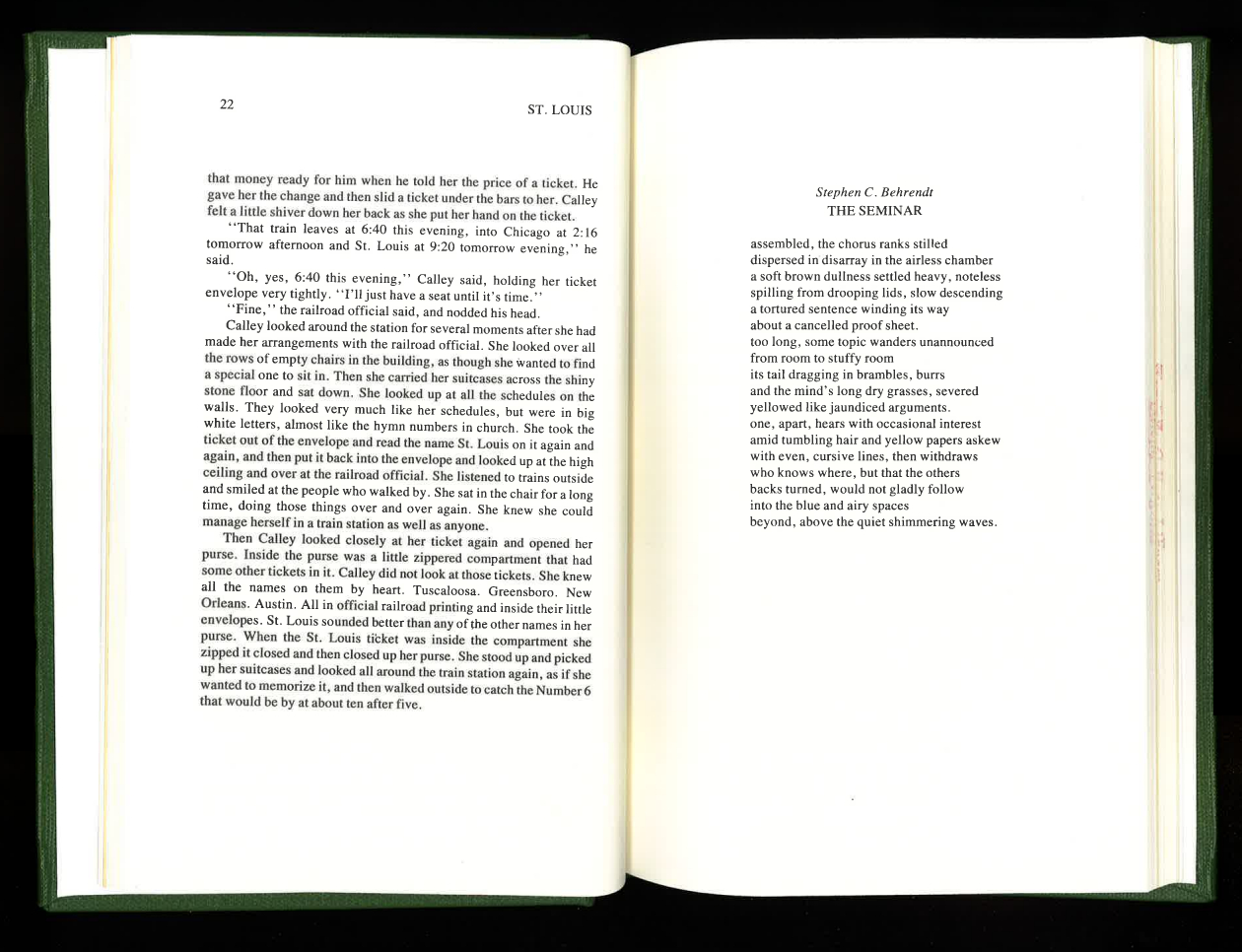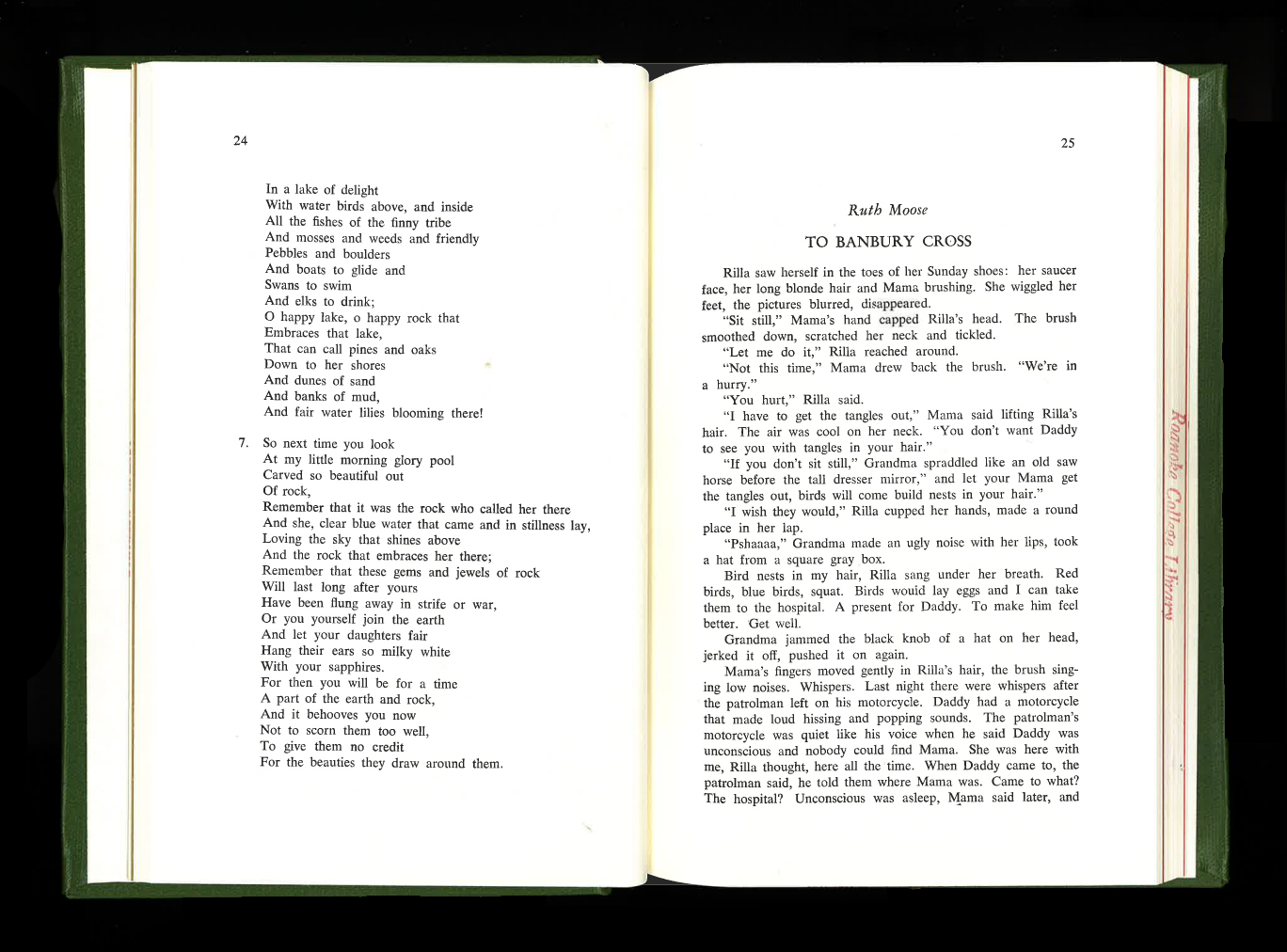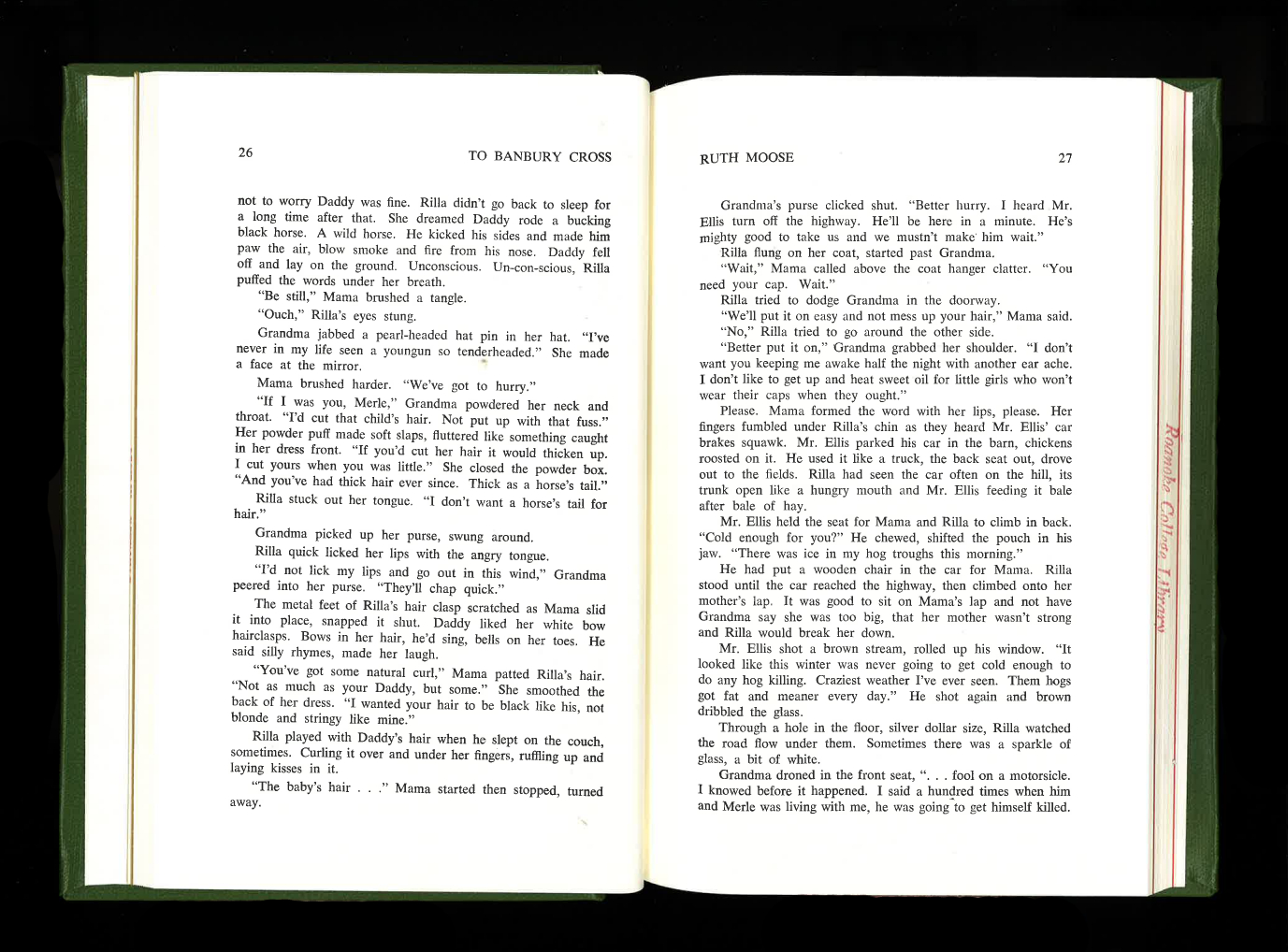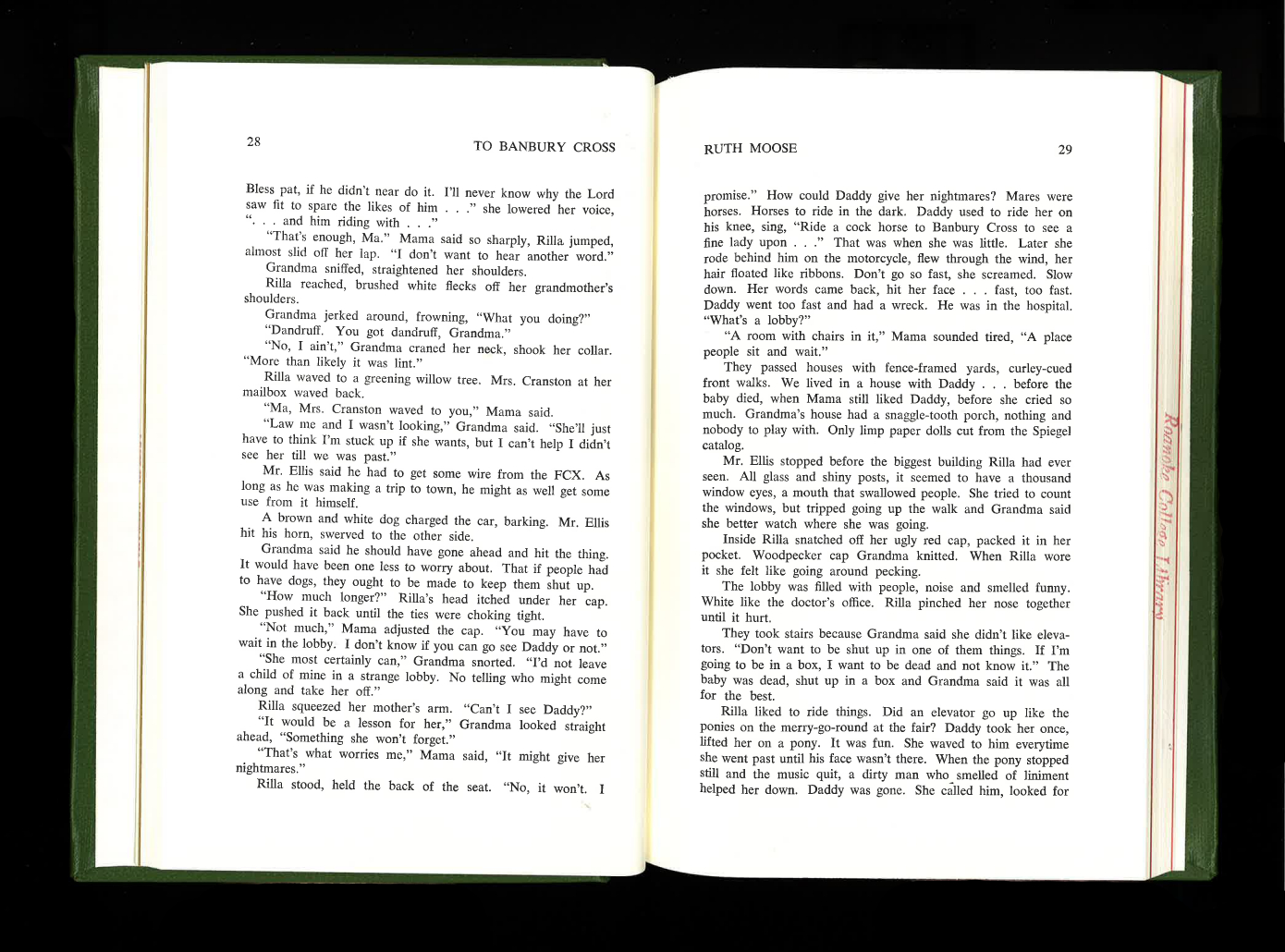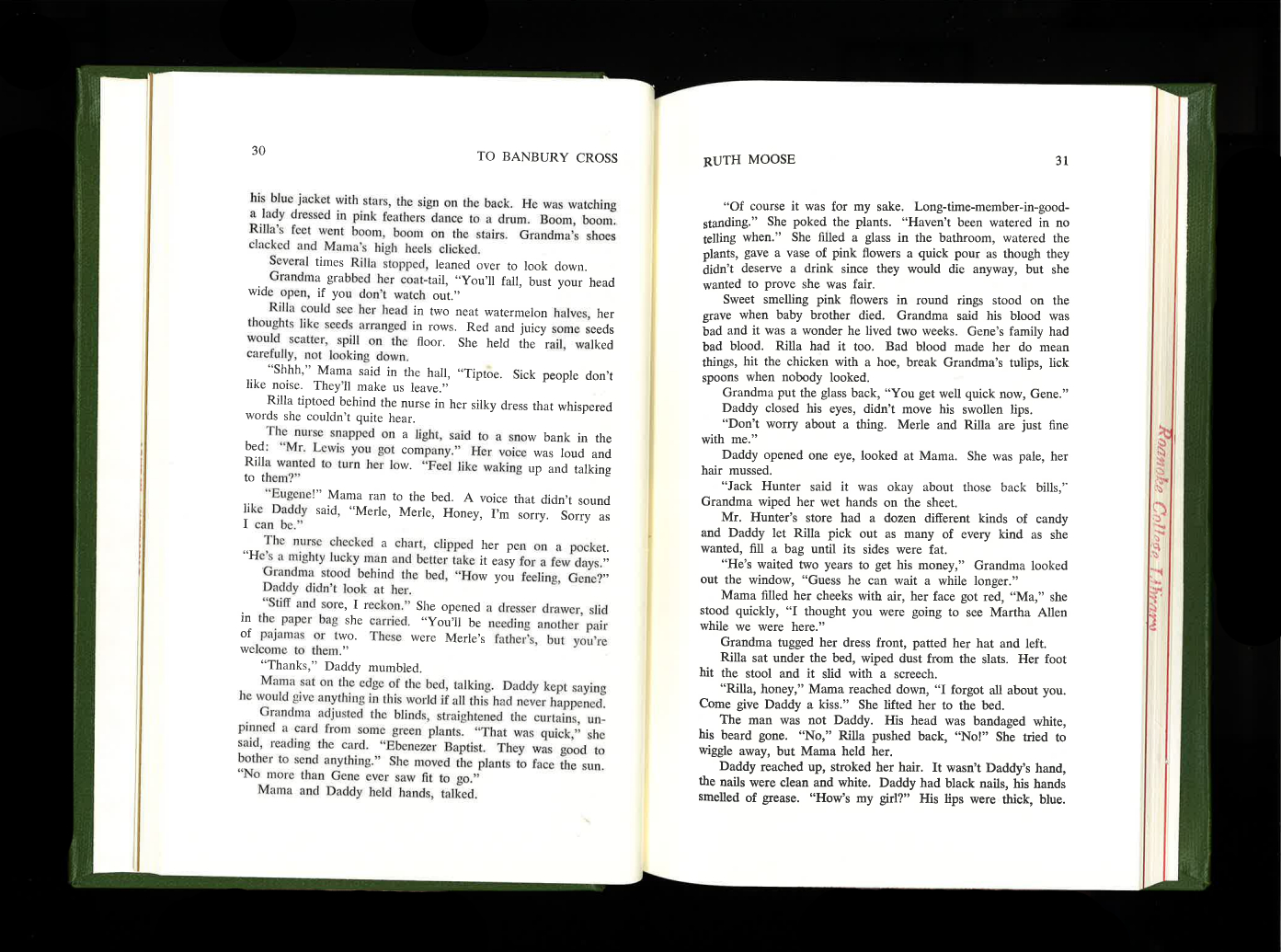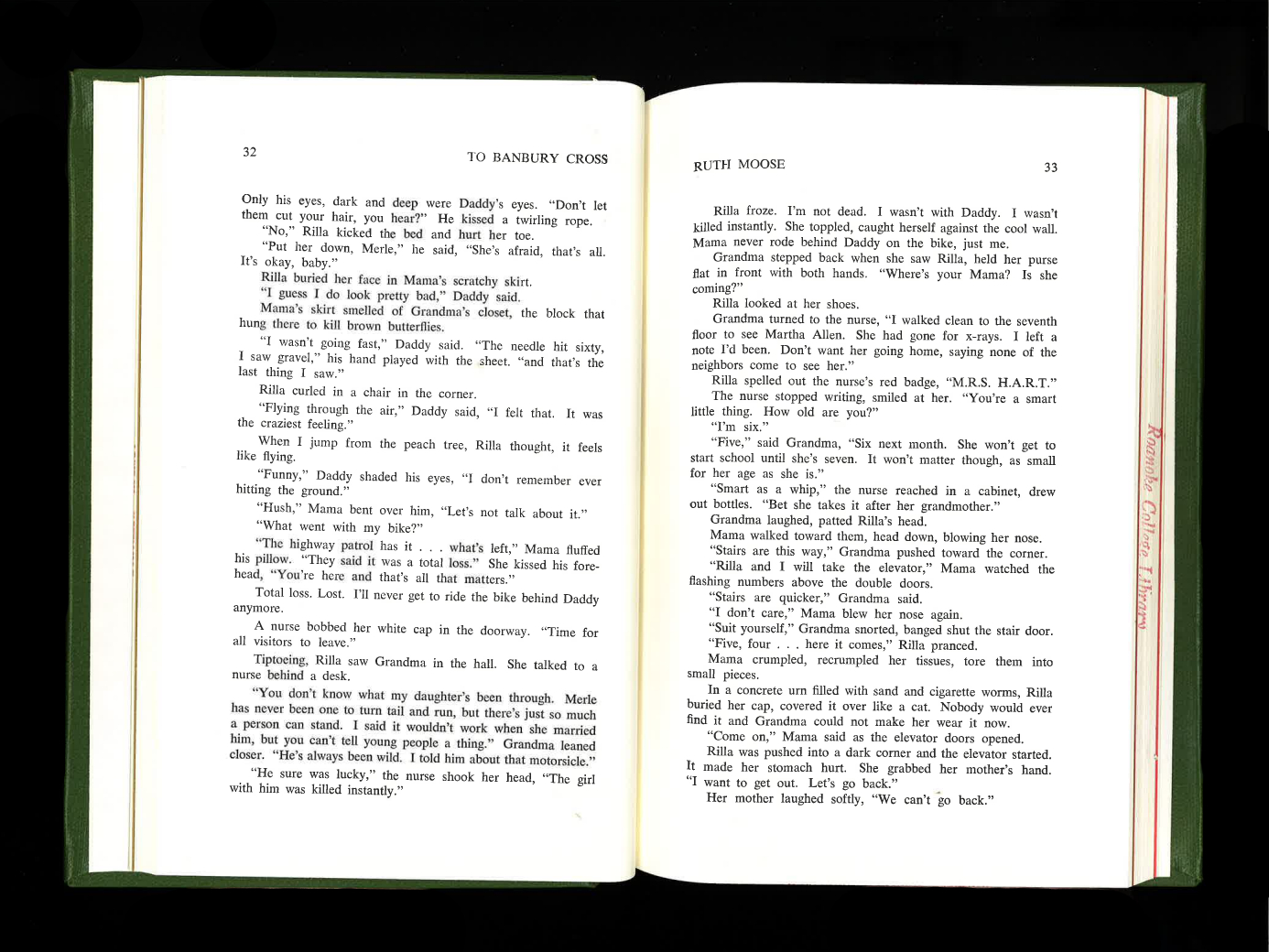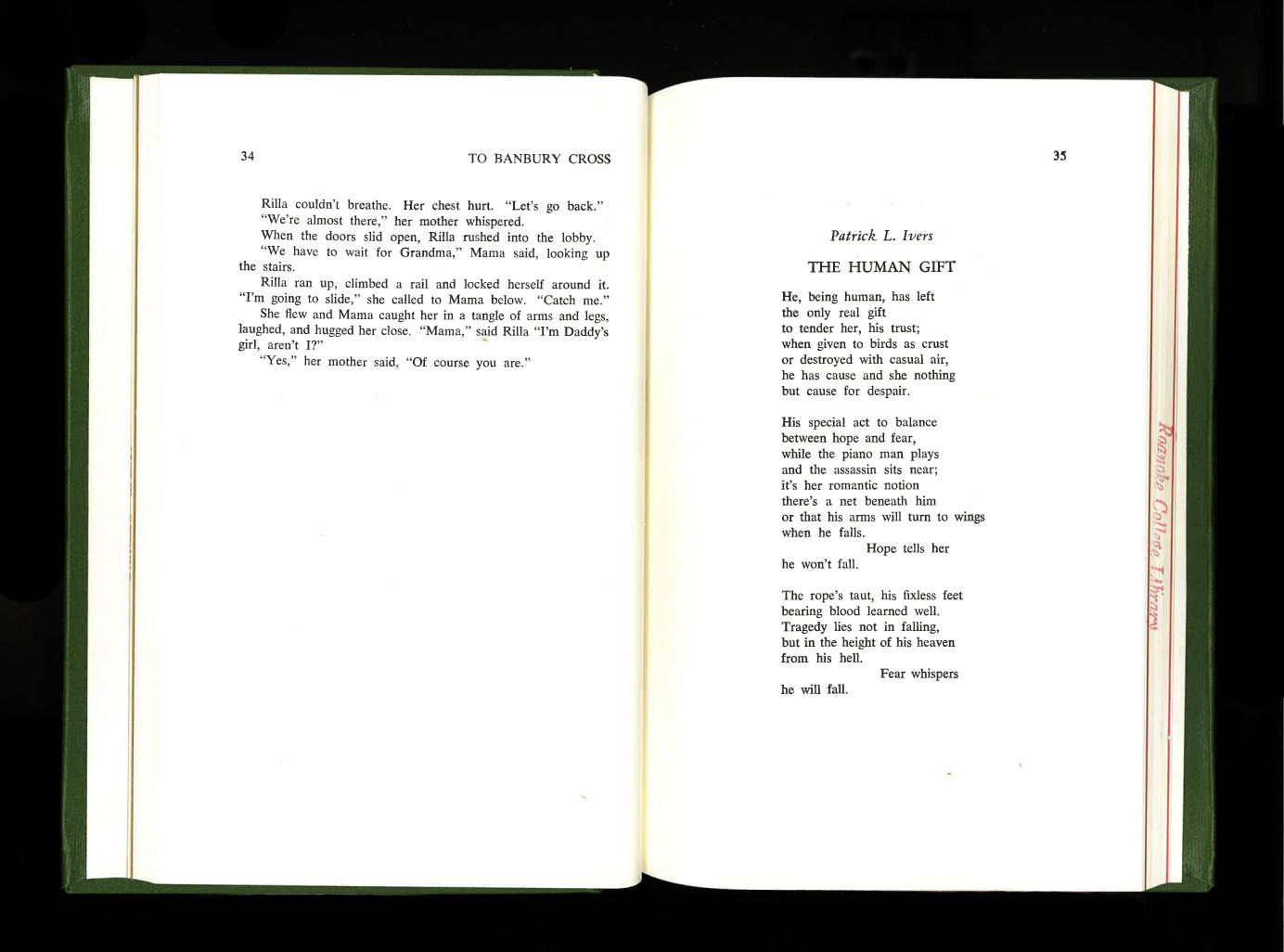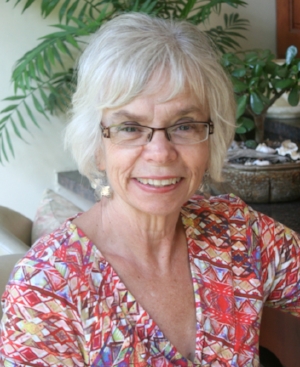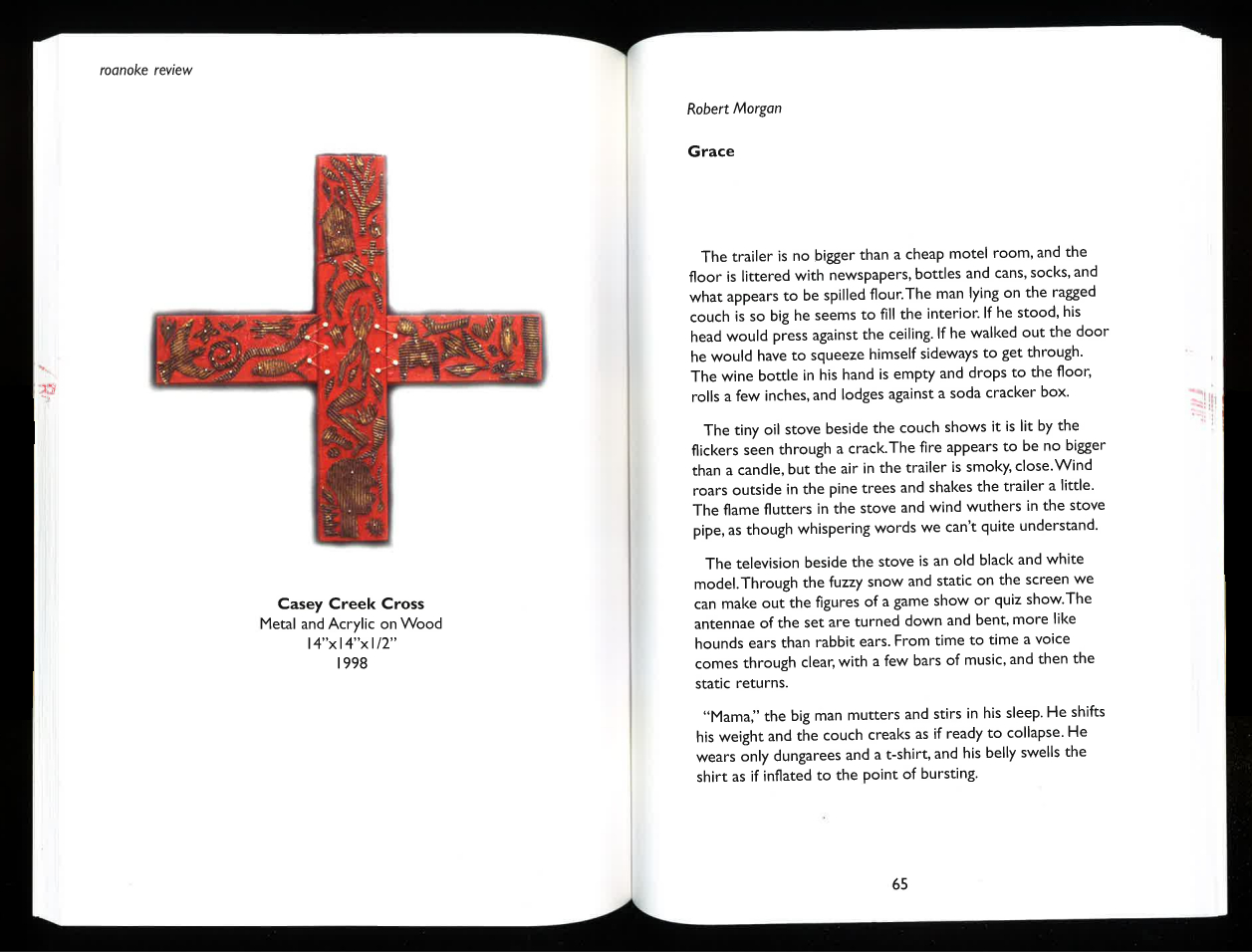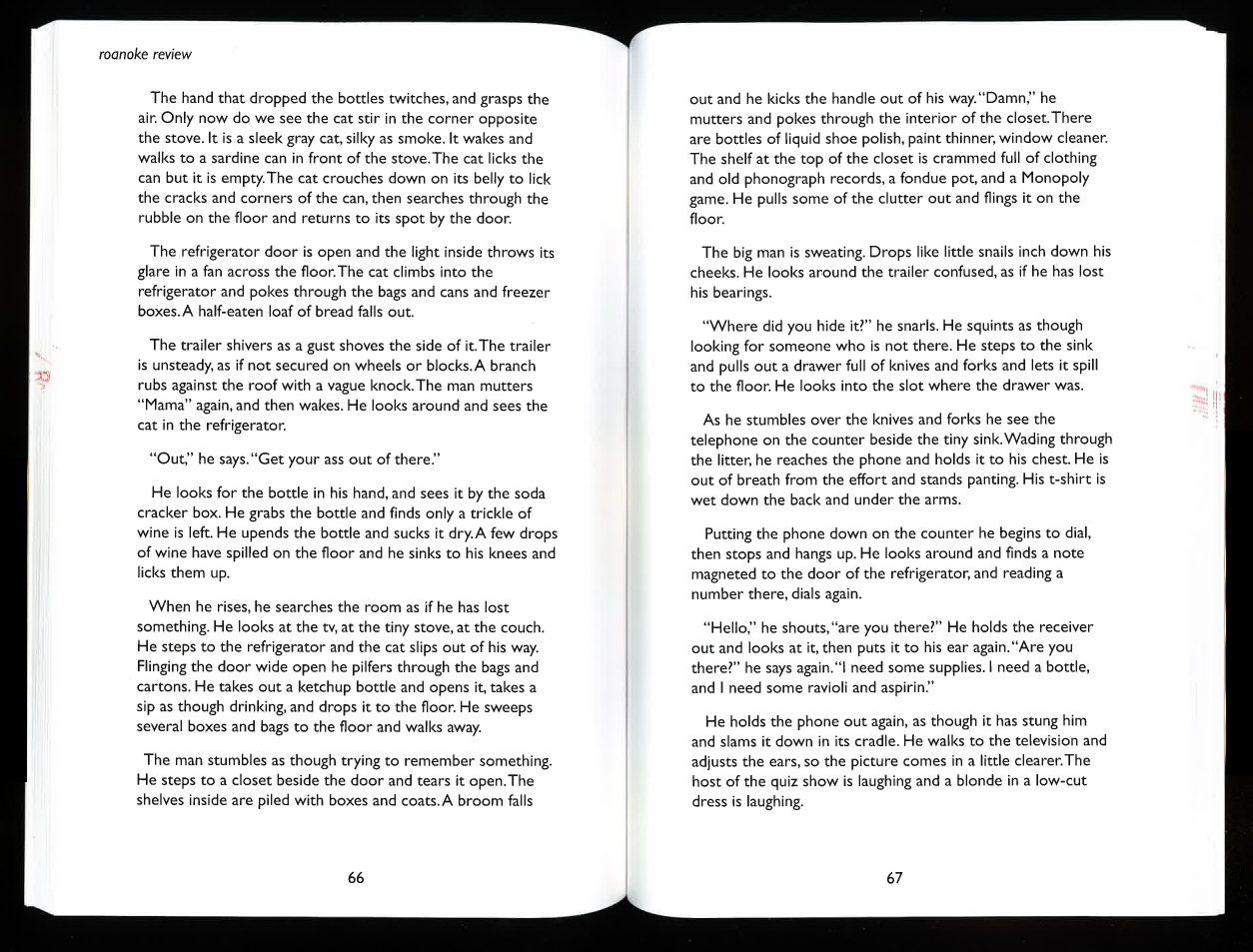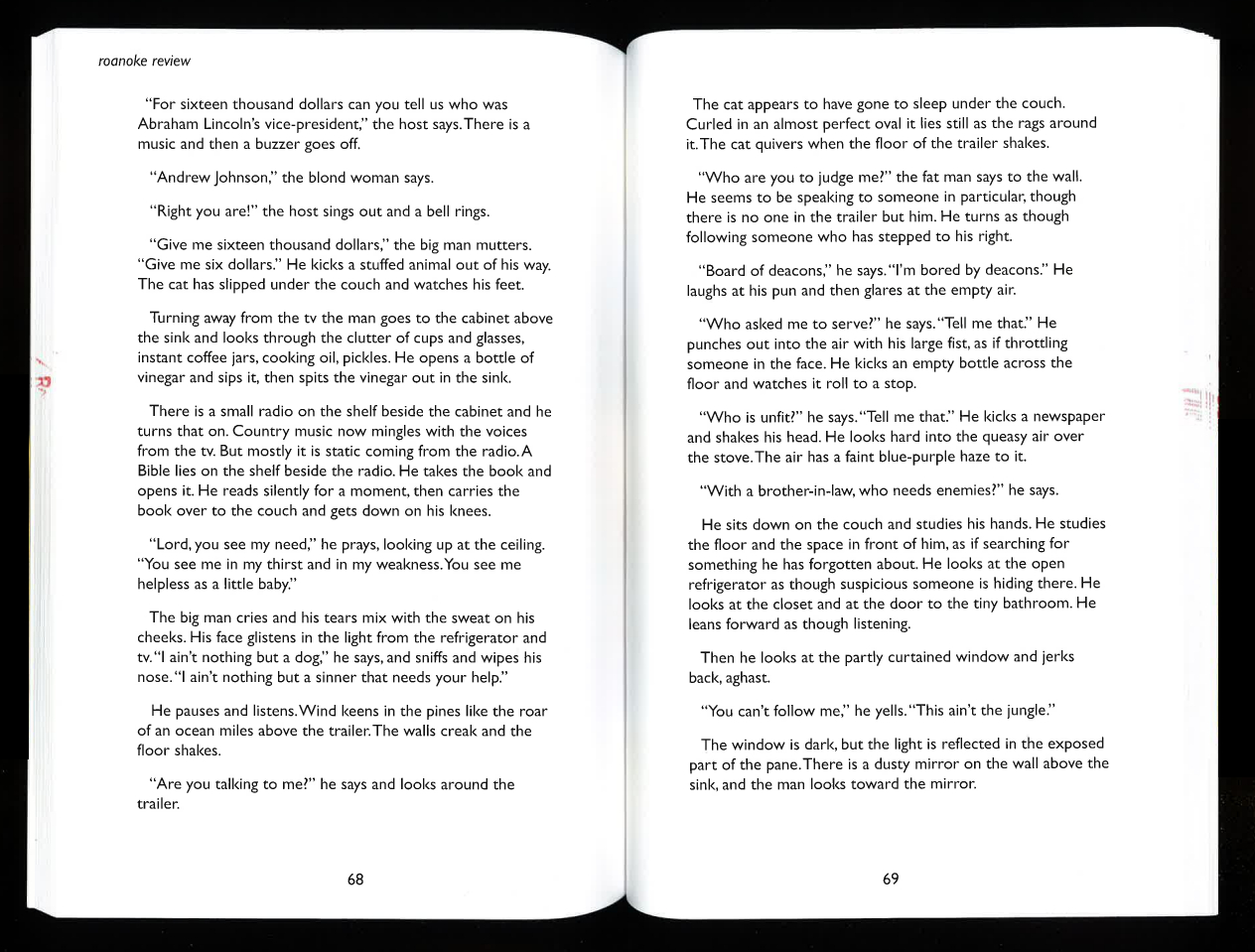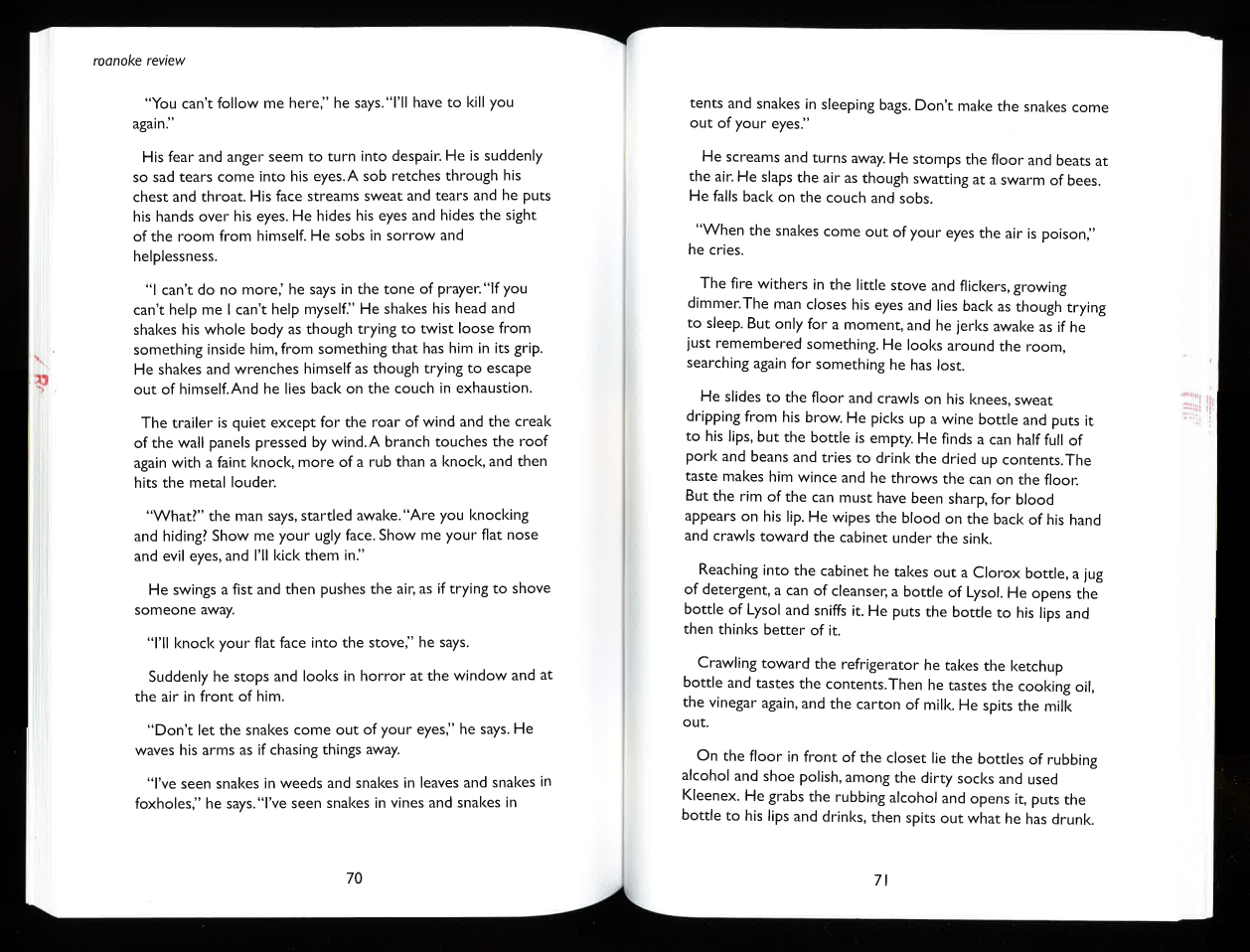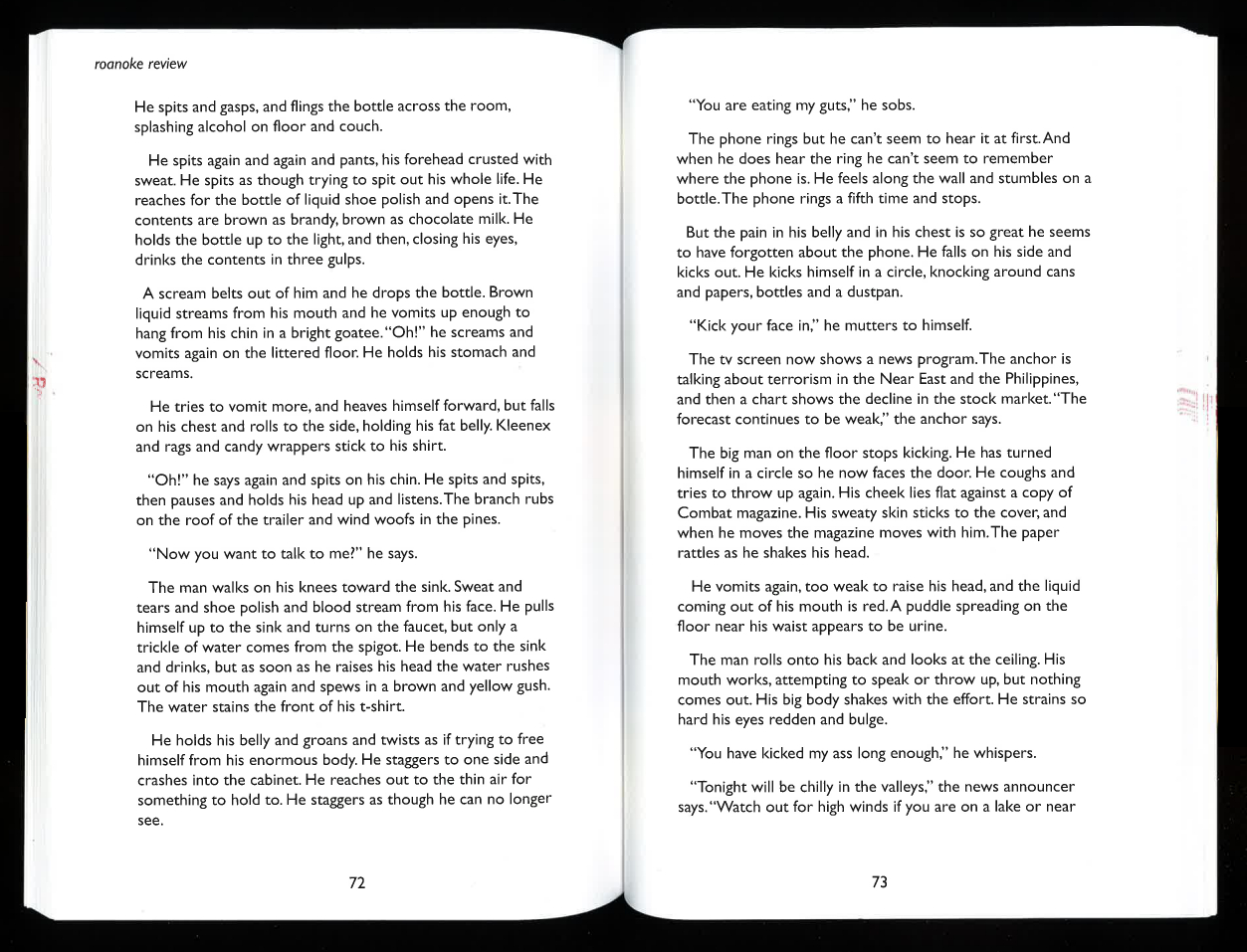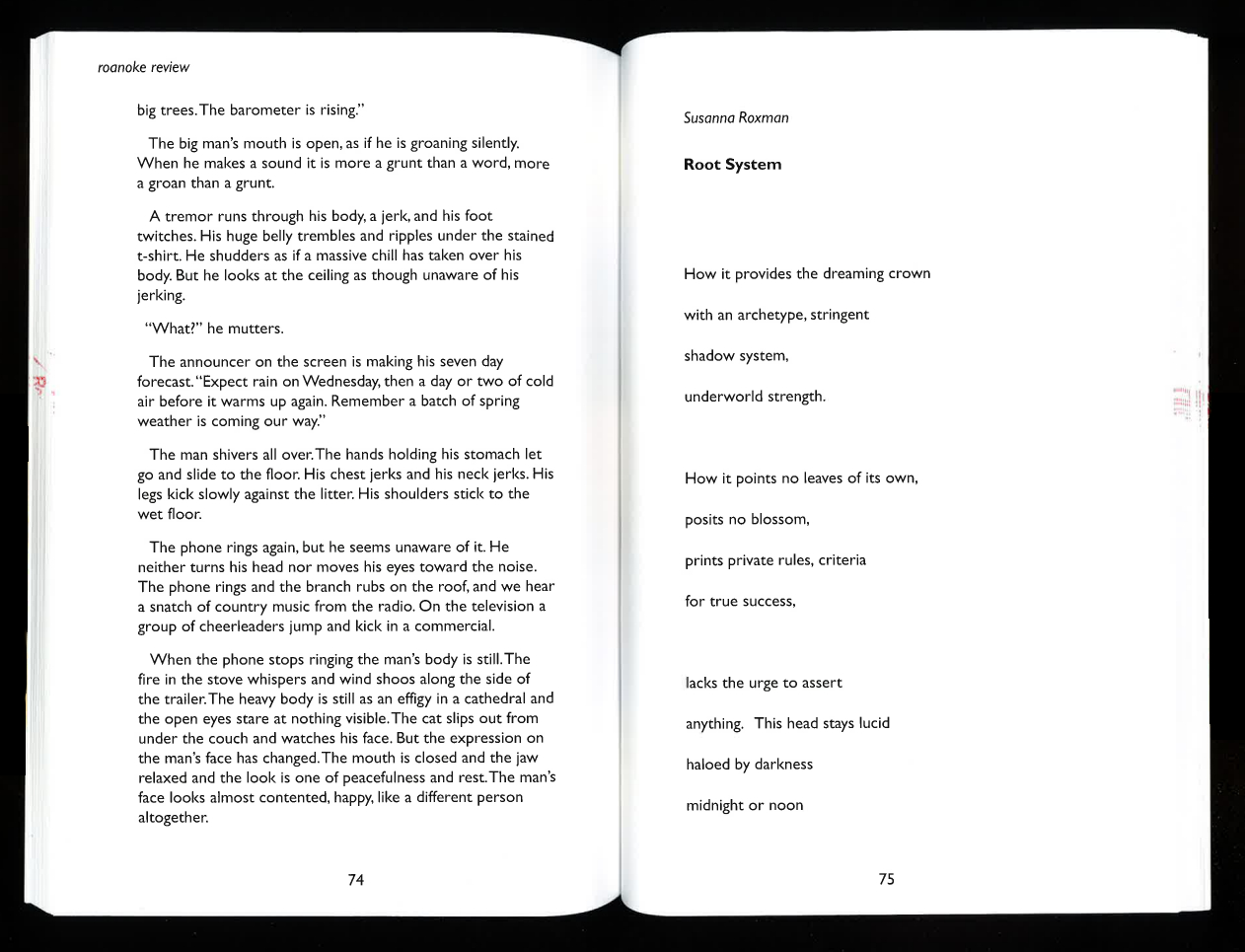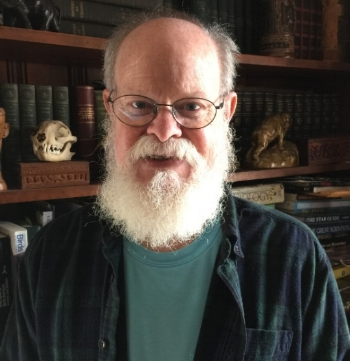THE JAGUAR
When the war was over Nathaniel wasn’t sure where to go first. There was a girl in Virginia named Rebecca that he wanted to marry, if she would agree to marry him. The thought of her long red hair and lightly freckled cheeks had helped him through the long marches in mud and snow, in the cold nights with the Virginia militia. His company had been with General Morgan at Cowpens on January 17 and at Guilford Courthouse with General Green in March. They’d followed Cornwallis into Virginia, then returned to the Carolinas to join up with Lighthorse Harry Lee at Fort Ninety-Six or somewhere farther south. Then word reached them that the Virginia legislature had disbanded their unit. Cornwallis had surrendered at Yorktown on October 17. The colonel called them together and thanked them for their service and told them they’d be paid later with tracts of land. Now the state was broke and they were on their own.There was still some fighting farther south, but for them the war with the king was over.
The obvious thing would be to return to Virginia and ask Rebecca to marry him. It would take about two weeks to reach Culpeper. But if he returned now he’d have nothing but his ragged clothes, a rifle, and one worn blanket. Not much to offer the prettiest girl in the county who had many beaux. He could only blame himself if she turned him down.
Throughout the campaign Nathaniel had kept glancing at the chain of blue mountains to the west. They rose in soft and rumpled shapes out of the foothills and followed one another toward the southwest like a caravan of giant animals. In the foothills where the militia camped before and after the battle of Cowpens he saw deer and turkeys, the tracks of raccoons and foxes. On the morning of the battle there Tarleton’s army had driven deer and turkeys, foxes and a bear, and even a panther, before it onto the pasture which became the battlefield. If there was that much game in the foothills where the armies had been moving, it thrilled him to think how much more there might be higher in the mountains.
Nathaniel knew the mountains were Cherokee country. But rumor was that the Cherokees had withdrawn much farther west across the mountains. Some Cherokees had fought for the British and would stay far from the patriots. It was said land in the mountains would be divided among those who’d fought against the Crown.
As a boy Nathaniel had trapped mink and muskrats. He’d even caught four or five bobcats. He’d shot deer for their hides as well as for their meat. The wealth of the forest was in furs and hides and ginseng. With the war over there would be a market for furs again. Instead of returning to Culpeper and begging the beautiful and coy Rebecca to marry him, ragged and broke, he’d find a valley in the mountains and trap through the winter. By spring he’d have enough furs to sell to make Rebecca a respectable offer. She was not a girl who’d choose to live in poverty.
A number of horses had been captured from the British and kept at the pasture called the Cowpens after the battle there. The colonel said each man could take one horse on condition he sign a note agreeing to pay the Continental government later. Also lead and powder, hatchets and knives, could be purchased from the supply wagons with the same kind of promissory note. Nathaniel chose a small, compact mount black as Bible leather, called Pearl. And he took from the wagon as much lead and powder as he could carry. A keg of rum was opened and the men drank to each other’s health, to their sweethearts, and to General Washington and the end of the war. Nathaniel slipped away early next morning while everyone but the sentry was still sleeping.
Five miles north he came to the Broad River, and followed a trail along its western bank,through river birch and sycamores and past clumps of hazelnut bushes. It was late October and the trail was covered with new fallen leaves. Early sun shot through the trees in horizontal shafts,sparkling on the frosty edges of leaves.
“Pearl, old girl,” he said to his mount, “we’re off to make our fortune.” Nathaniel hoped the trail would lead into the mountains and all he’d have to do would be to follow it. For two years he’d followed orders from the colonel, the captain, the sergeant. Now he’d have to make his own decisions. The thought both scared and thrilled him.
Nathaniel came to a smaller river that plunged into the Broad, and had to make his first choice. The bigger stream came from the north, but the smaller river flowed from the northwest, directly out of the closest mountains, its water a clear green, as though issuing from a thousand mountain springs and branches. It was the kind of stream that would have many mink and muskrats along its banks. Maybe even otter. It must come out of remote valleys and hidden coves far back in the ridges. He longed to camp in a peaceful valley, far from the ugliness and filth of war, the dirt and endless boredom of the militia. He turned left to follow the smaller stream.
The trail along the green river was hardly a trail at all. It skirted canebrakes and disappeared in meadows of grass and wild peavines. Sometimes a track veered away from the river, and ran higher on the side of a ridge. Then it dropped back into the mud near the water. There were tracks in the mud, deer tracks, raccoon tracks, possum tracks, fox tracks. And once Nathaniel saw what looked like a human track, with no heel mark, the print of a moccasin. Could there still be Indians on this side of the mountain? Of course there were white hunters and traders who dressed like Indians, wore moccasins like Indians.
As Nathaniel continued up the stream he wondered if he’d imagined the moccasin track, for he didn’t see another, only sign of deer and other animals. Late in the day he came on a flock of turkeys among the vines by the river and shot one as it took flight. While it was still light he decided to camp beside a spring, and started a fire with his flint and steel. After dressing the turkey he roasted it over the fire, basting the body with its own grease caught on a piece of bark. The bird was so big all he could eat was one leg, relishing the dark meat. It was the best meal he’d had in weeks, in months. Then he lay on his blanket and looked up at the stars, and wondered where he would find steel-traps. Indians could catch mink and muskrats without metal traps. They used snares and dead-falls, but he never had. There were supposed to be trading posts all over the frontier. Surely there was a station somewhere in the region.
Next day he followed the river higher into the hills. The stream that had been so smooth and easy between its banks ran louder as it struggled over rocks. Stretches of lullwater alternated with shoals of white water. Water tumbled and crashed over logs. He entered a gorge so deep there was no sunlight on the river until near the middle of the day. Everywhere he looked for moccasin tracks and wondered how he would acquire traps. The brush along the trail became so thick he dismounted and led Pearl around boulders and up steep inclines.
It was near the end of the long ravine where he saw the red berries on stems near the ground.First he saw one plant and then others beyond. It was the first time he’d seen ginseng since he volunteered for the militia. Tying Pearl to a sapling, he got out his hunting knife, cleared away leaves and sticks, and dug up the bulging, fat roots. He’d never seen so much sang. People said a ginseng root was supposed to be shaped like a man, but Nathaniel had always thought of testicles when he saw a fresh root.
Before it began to get dark he’d dug more than a dozen ginseng roots. That much would bring him several shillings or dollars if there was any place to trade. He washed the roots in the river and put them in one of his bags. When he reached a level place, a kind of plateau, he camped for the night. Taking the saddle and bridle off Pearl, he tethered her in a peavine meadow and started a fire near a spring.
After eating more roast turkey he lay on his blanket and tried to recall the price of ginseng.Before the war roots had been worth more than shilling a pound. He had no way of knowing its value now. As he lay by the fire he heard a fox bark and another answer. Later he was awakened by an owl in the trees, and another owl that seemed to be down by the river. There was a howl like a wolf faraway on the ridge. When he woke and restarted the fire he wished he had some coffee. If he could find a trader’s store he’d trade the ginseng for traps and coffee. All he had now was more turkey meat.
Nathaniel expected to hear Pearl cropping grass, but the meadow was silent. In the dim light he couldn’t see her. Had he forgotten where he tethered the horse? He grabbed his rifle and tiptoed along the edge of the clearing. The horse was gone. The animal calls in the night must have been Indians calling to each other as they approached his camp and untied the tether line from its stake. As it grew lighter he could see the tracks leading not up the river but up the side of the mountain.
Without a horse to carry his baggage Nathaniel felt stranded. What he couldn’t carry in his bags he’d have to bury and come back for later, the saddle, some of the cooking utensils. He would not leave the cask of powder. All his plans had depended on a horse, to carry supplies, to pack furs and hides out of the mountains in the spring. Now all the had was shank’s mare. He could give up and hoof it back out of the mountains, or he could hoof it deeper into the mountains.
Burying what he couldn’t carry, slinging bags of ginseng and shot over his shoulder, tying the cooking pot to his waist, he held the cask of power under one arm and carried the rifle in the other. He entered a kind of bowl, surrounded by mountains. The river was smaller now, really just a big creek, or run, as they’d call it in Virginia. In the distance he saw smoke, and when he crossed a rise a cabin came into view on a high bank above the stream. An Indian woman on her knees scraped a deer hide stretched on the ground and held by pegs.
As he approached lugging his bags and the cask of powder, the woman looked up at him. She was younger than he expected, and plump. She wore a bright blue calico dress and had many strands of beads around her neck. She stared at Nathaniel for a moment without greeting him, and then returned to her work. Her black hair fell across her face as she scraped the hide.
“Anybody here?” Nathaniel called to the cabin. A bear hide was pegged on the side of the building and several rattlesnake skins hung from the eave. Two horses looked at him from a pen in the back. Steel-traps hung from the wall of a shed by the woodpile. A man with long gray hair and beard appeared in the cabin door.
“I’m Nathaniel.”
“McIver,” the man said and looked at the bags Nathaniel was carrying.
“My horse was stole,” Nathaniel said.
“So I see.”
McIver ducked back into the cabin and reappeared with a jug. “Have a drink, stranger,” he said and handed the jug to Nathaniel. Holding the jug with his thumb and slinging it over his shoulder Nathaniel took a swallow. The corn liquor was so strong his throat burned and his eyes smarted.
“Ain’t got no horse to sell,” McIver said. Nathaniel handed the jug back to him and the trader took a drink.
“What I need is steel-traps,” Nathaniel said. “I have sang to trade.” He opened the leather bag and showed McIver the roots he’d dug.
“Sang ain’t worth nothing because of the war. The harbors are blocked. Besides, that’s not even been dried.”
“The war is over.”
“I knowed the rebels would be defeated,” McIver said.
“The rebels won. I was in the militia.”
McIver looked at Nathaniel as if he suspected Nathaniel was lying. Like other Tories, he must have stayed back in the mountains while war raged in the piedmont. He shook his head and took another drink. The news seemed to make him look older.
“I can give you one trap for them roots,” McIver said and squinted at Nathaniel.
“For all this sang?”
“Best I can do, take it or leave it.”
Nathanie had no choice but to take it. As far as he knew there was not another trader within a hundred miles. Without traps he could catch no fur, and winter was about to set in. One trap was better than no trap. He handed the bag of ginseng to McIver and the trader called to the Indian woman and told her to take the bag to the shed out back. McIver offered Nathaniel another drink from the jug to seal the deal.
When the Indian woman brought the bag back to Nathaniel it felt a little heavier than an empty bag but Nathaniel didn’t mention it. The woman didn’t look at him, and returned to her work on the hide.
“Cherokee?” Nathaniel asked.
McIver shook his head. “Bought her from the Cherokees for a musket and a jug of applejack.”
McIver said Nathaniel’s horse was likely stolen by the Cherokees. They’d been hunting in the region, but with winter near they’d returned to their villages over the mountains.
“Might be a while before you see that horse again,” McIver said. From the wrinkles around his eyes Nathaniel guessed the trader was fifty or more.
As Nathaniel headed up the river he found the path well marked around a canebrake and then below a laurel thicket. Horses had passed this way recently. Most of the tracks were made by unshod horses. But one had shoes the size of Pearl’s foot. Surely McIver must have seen his horse if they’d passed this way, yet he hadn’t said so.
When Nathaniel stopped for the night he looked in the leather bag the Indian woman had handed him. There was a small steel trap in the bottom, just big enough to catch a muskrat. Now he had two traps, and it pleased Nathaniel to think the Indian woman had helped him. As he made a fire he tried to recall what the Indian woman had been wearing. It was a blue calico dress,and her leggings were buckskin with beads on them. Her skin was the color of new molasses. She’d not spoken to him nor looked him in the eye, but she’d given him the extra trap.
That night as Nathaniel slept with his rifle at his side he dreamed about Rebecca. In the dream she stood beside a well and as he approached she drew a bucket from the well and with a dipper scooped fresh water from the bucket. If she offered the dipper to him that meant she would marry him. But as he got closer and waited for her to hold the dipper out to him he woke. Stars gleamed through the trees. A moon thin as a reaping hook hung straight above.
All the next day Nathaniel followed the stream. There was no trail now, and boulders made the bank so difficult to follow he climbed up on the mountainside and skirted thickets of laurel. The river valley narrowed for several miles and the pinched stream tumbled and crashed on rocks.From the ridge he could see the mountains far ahead, lavender and brown now that the leaves had fallen, blue in the distance, then gray in the further distance where summits seemed almost to merge with the sky. Somewhere in those higher mountains he’d find the cove or hollow where he could camp and trap throughout the winter. With only two traps it would take him all winter to catch enough furs to ask for Rebecca’s hand.
It was late the third day after he left McIver’s that he came to the headspring of the river. He’d followed the stream as it got smaller and smaller, and then he followed a branch to where a fountain came right out of the mountainside. Three or four inlets in the spring, like nostrils, made sand dance at the bottom of the pool. He cleaned leaves and sticks away from the basin and saw mica and quartz glittering in the sand. He drank from the spring, water that tasted like it had run through silver and emeralds deep in the earth. He’d never tasted water with exactly that flavor. He wondered what special mineral might be inside the mountain.
With winter so near Nathaniel only had time to build a three-sided shelter called a half-face, a low cabin open on the side facing south where a fire would be kept burning. With the hatchet he’d bought from the militia it took him most of a day. He covered the structure with poplar bark spread on poles, then laid rocks and brush on the bark to hold it down. The half-face blended so well with the woods and thickets it would not be noticed from a distance.
When the structure was done Nathaniel took his rifle to look for a turkey or squirrel. He would settle for a rabbit if he had to. As he crossed the branch below the spring he saw a large track in the sand, a cat track, much bigger than a bobcat’s, bigger than any panther track he’d ever seen in Virginia. It must be a panther track, and yet it didn’t look exactly like a panther track. If there was a cat that big in the area he’d have to take extra care, especially if he was out before sunrise or after sunset. Big cats usually did their stalking in the dark. He shot a turkey in a peavine meadow a little farther down the branch.
With only two traps Nathaniel chose the sites to set them with great care, ranging downstream to places he found tracks of muskrat and mink in sand and mud. Traps had to be in water deep enough to drown the caught animal before it could gnaw its foot off to escape. If water was too deep over the trap the muskrat or mink would swim right over it. Best spots were near slides on the banks where the animals came down to the water. He caught two muskrats the first week, and a mink and three muskrats the second week. He stretched the hides on frames of sourwood sprouts to cure.
It was in the third week when he saw the big cat. He’d killed a deer and dressed it and hung the meat from an oak limb out of reach of bears and wolves and other animals. It was just before dawn when he woke and was about to build up the fire. He reached for kindling wood at the entrance of the half-face and saw an animal standing under the deer carcass where it hung, about twenty paces away. He froze and watched. It was a big cat, but it had spots and looked heavier than a panther. And when it turned he saw its face was round with whiskers like a tiger, not a panther. But tigers he’d seen in pictures had stripes. He felt for his rifle beside the blanket. The big cat circled beneath the deer carcass, looked toward the half-face, sniffed the air, and then strolled away toward the branch.
Nathaniel didn’t realize until the cat was gone that he’d been holding his breath. He gasped, and breathed out. If the big cat was not a panther, what was it? Its face looked like a tiger but it had spots. Leopards had spots, but they were sleek and slim. This animal looked heavy and powerful. He’d been worried about bears and wolves and panthers, but who ever heard of a tiger in the Carolina mountains?
By the time of the first snow Nathaniel had more than a dozen muskrat hides and two mink skins. He also had two deer hides he’d stretched on pegs on the sides of the half-face. Before the winter was over he was sure he’d be able to add a bear skin to his collection. Now bears had gone into caves or dens or hollow logs to sleep through cold weather. He could understand that tendency to sleep through winter. On the coldest days he didn’t go out to check his traps, but lay by the fire and dreamed about Virginia and Rebecca.
He had the dream again of Rebecca standing by the well and holding out the dipper of water to him. Her red hair glistened in the sun. But when he got closer he saw her face was wrinkled. Instead of freckles there were warts, and when she opened her mouth gaps showed in her teeth. He recoiled in astonishment and then woke up. He blamed the bad dream on the greasy turkey meat he’d eaten.
Later, in mid-winter, there was a thaw. Nathaniel decided to take the furs and deer hides he had to McIver’s for more traps, some corn meal, salt, and maybe coffee. He wrapped the furs in deer skins and tied them all in a bundle he would carry on his back. He calculated it would take him three days to reach the trader’s cabin. It made sense to go before he’d accumulated more furs than he could carry.
He’d not traveled more than a mile downstream when he saw in the sand a large cat’s track. It looked even bigger than the ones the tiger cat had left near his camp in the fall. But perhaps he’d forgotten just how big those tracks were. The giant feline had not returned since it had tried to reach his deer meat. He knew panthers roved over wide circuits in their hunts. Maybe this cat did the same. That night Nathaniel kept his rifle close as he lay in a small clearing near the river.
Two days later, as he approached McIver’s station, he saw several horses in the pen behind the cabin. One of them was black and looked a lot like his Pearl. He hurried to the house to ask who had brought the horse there. No one was outside and no one came to the door when he called.
“McIver,” he shouted and pushed open the door.
It was so dark inside he saw nothing at first. Then he made out the Indian woman sitting by the fireplace sewing something from buckskin. Bolts of cloth lay on the shelves and steel-traps hung from pegs on the wall. Barrels and bins of corn meal, gunpowder, and whiskey lined the wall. McIver lay on a bunk bed with a bearskin over him.
“What do you want?” the trader said.
Nathaniel dropped the bundle of furs and hides to the floor. “I need more traps, some cornmeal, and my horse,” he said.
“I’m sick,” McIver said. “The winter fever has got me.”
“That black horse is the one stole from me,” Nathaniel said.
“I bought that horse from an Indian,” McIver said. “You got no proof she was yorn.” His hand came out from under the bearskin holding a pistol.
Nathaniel looked at the Indian woman, and then back at McIver. “I need five more steel-traps, some corn meal, and lead and powder,” he said.
“Fur ain’t worth nothing now,” McIver said.
“I have five mink here.”
McIver spoke to the Indian woman in words Nathaniel didn’t recognize. She put her sewing down and stood up. With the pistol McIver pointed to the barrel of corn meal and the traps hanging on the wall. The woman handed Nathaniel two steel traps and scooped meal into a leather bag.
“I need five traps,” Nathaniel said.
“Two is all you get,” McIver said. He started coughing, a cough that sounded so deep it might have come from underground. He heaved and spat onto the floor. McIver’s face was flushed and he appeared to have lost a lot of weight. He coughed again, and spat again. “Take your stuff and go,” he said and pointed the pistol at the door.
The Indian woman handed Nathaniel the bag of corn meal, a bag of shot, and a small cask of powder. She didn’t look at Nathaniel at first, and then she stared straight into his eyes. Her eyes were dark as chinquapins.
“Be gone,” McIver said, and with the pistol motioned him toward the door.
Outside Nathaniel tied the cask and bags together and slung them on his back. He glanced at the horse pen and saw Pearl watching him. It appeared McIver was dying of consumption, or something like consumption. Nathaniel wanted to pause and think about the best way to reclaim his horse. But he heard McIver shout again, telling him to get away. The Indian woman stood in the doorway staring at him.
Nathaniel shouldered his burden, and holding the rifle in his right hand started up the trail. Once he got into the woods he had to stop and readjust the pack. The cask of powder kept slipping loose from the straps. He dropped to his knees and was retying the bundle when he heard steps behind him. When he turned he saw the Indian woman leading Pearl. Deerskin bags hung on either side of the horse. Nathaniel stood up and the woman handed him the reins of the bridle. She stared directly into his eyes and then looked away.
“Do you mean I can take her?” he asked.
The woman nodded and started back down the trail. He watched her blue calico dress disappear around a bend.
Nathaniel wondered if this was a trick. Would McIver accuse him of stealing the horse? But McIver seemed too weak to even get out of bed and his hand had trembled when he held the pistol.
The deerskin bags over Pearl’s back were big enough to hold all his baggage. Nathaniel packed everything, dividing the load between the two sides. Then he spoke to Pearl and caressed her nose. He imagined she remembered him, but couldn’t be sure. Taking up the reins he led her carefully up the trail, picking a way around boulders and over logs. Now that he had his horse back, he couldn’t risk her stumbling and breaking a leg. It seemed too good to be true that the Indian woman had given Pearl back to him.
That night as he camped by the river, with Pearl tethered close by, he dreamed of Rebecca for the first time in weeks. It was the same dream as before, but as he approached her by the well and her face showed all the wrinkles of age, she began to laugh at him like he’d made a fool of himself. Instead of handing him the dipper, she flung the water in his face, and the water was not cool but scalding hot. He wiped it out of his eyes and then he woke up.
When Nathaniel looked through the trees the stars were gone. It had clouded up in the night,and gotten colder. Something faint as the breeze from a mosquito’s wing touched his lips and cheek. Then he felt the wetness and knew it was snowflakes. It was snowing in the silent woods and the thaw was over.
Next day Nathaniel led Pearl through deepening snow along the river. In places it was hard to see ahead because of snow on limbs and brush. Once or twice on steep ground it looked as though Pearl was going to slide into the river. In some places it was easier to walk in the stream itself than to keep a footing on the bank. Once they passed the tracks of a large animal. But he couldn’t tell if it was a panther or the track of the other large cat because of the falling snow.
At day’s end Nathaniel decided not to make a fire. He tied Pearl to a tree, and seated himself against an oak, blanket over his head and around his shoulders, rifle in his lap under the blanket to keep the powder dry. Snow continued to fall, whispering and ticking on branches, seething faintly as flakes meshed together. He chewed a piece of dried turkey, and melted snow in his mouth for something to drink. Pearl munched corn from a bag slung over her ears.
Nathaniel was twice wakened as he leaned against the tree. Once he thought he heard an animal scream, a panther, and once a long note like a wolf or dog might make. But mostly it was the faint hiss of falling snow. Snow, especially snow in the darkness, created its own world, muffled ,cushioned, almost silent, almost beyond time. Deepening snow made you want to burrow under and sleep with the ground hogs and other animals, with the sap in maple roots, with the seeds, and salt in stones, and dream of spring.
When he woke the blanket weighed on him. More than a foot of snow had fallen in the night. Snow had built on Pearl’s back but she’d shivered it off. Nathaniel knew he was only half a day’s walk from his camp, but in the deep snow it would take him most of the day to get there. And when he reached his camp before dark he saw tracks all around the half-face, wolf tracks, deer tracks, tracks of the big tiger cat. Something had climbed the oak tree and jumped down on the hanging deer carcass and eaten from it. He wasn’t sure what animal would have done that, a raccoon, a bobcat?
It took him some effort to get a fire started at the entrance to the half-face. Snow had blown and drifted into the shelter and he had to clean the drift away from the circle of rocks. To find kindling he split some pine limbs to expose the resiny heartwood. He shaved curls and found a few dry leaves and twigs in the corner. With flint and steel he finally got a fire going and fed it carefully with shavings and pine splinters until the flames were hot enough to catch the larger sticks. In the deep snow his only choice was to break lower limbs off pines and knock the snow off and lay them one at a time on the fire.
When he emptied the bags slung over Pearl’s back he found a bag of coffee beans. Whether it had been put there by mistake he couldn’t know. But gratefully he crushed some beans between two rocks and boiled coffee until it was black and strong and scalding. As he sipped the brew it warmed his belly and bowels, and sent a light out through his veins to the tips of his fingers and toes.
As he drank the coffee and gnawed turkey meat and looked out at the snow beyond the fire, Nathaniel knew he had much work to do. He had to build a real cabin for himself, with four walls and a fireplace, and he had to make some kind of shelter for Pearl. She’d need a stall built of poles and logs. Pearl could not be left outside, tied to a tree all winter, as wolves and panthers,Indians and the tiger cat, came prowling
Nathaniel expected the snow to melt, but instead the weather grew colder, and more snow came. Snow and ice on the stream made it hard to find his old traps, much less set the new ones. Every day snow fell, and he cleared a yard around the half-face and shot turkeys and a deer that wandered near. He didn’t even have to go out into the woods to hunt. It was so cold turkeys died from suffocation as ice clogged their breathing holes. While the snow was so deep it was hard to get started cutting logs for a cabin and horse stall.
One night in late winter he heard Pearl whinny and her whinny rose to a scream. Nathaniel grabbed his rifle and a blazing stick from the fire. Pearl was jumping and kicking and he saw something spotted on her back. The horse thrashed and reared and bucked, but the animal stuck to her back. It had to be the big tiger cat he’d seen before. The weeks of blizzard had made it desperate for a kill. He couldn’t raise the rifle while holding the burning stick.
Pearl swung from side to side in terror and the giant cat gripped her flesh and bit her neck. Nathaniel stuck the burning stick into the snowbank where it blazed like a torch. He raised the rifle, but how was he to shoot in the flickering light without hitting Pearl? He had only one shot.If he missed, the tiger would kill Pearl before he could reload, and if he merely wounded the cat it might turn on him. With the end of the rifle barrel he followed the rising and falling, the lurch from side to side, of the horse and cat. It was too dangerous to risk the shot.
Stepping closer, just a few feet from the horse, he pointed the barrel behind the cat’s shoulders and fired. Pearl wheeled away, jumped and bucked, kicked out behind, and swung out of the light. The tiger cat clung to her back and Nathaniel thought he’d missed. There was no time to reload. Raising the rifle by its barrel he clubbed the cat on the head. The head fell to the side, and slowly the spotted body slid off the horse into the snow. He pounded the head with the butt of the rifle and the big cat lay still.
Blood seeped from the places on Pearl’s neck and back where the cat’s teeth and claws had ripped the flesh. He rubbed grease on the wounds, and whispered to the horse to calm her. He was trembling so he could hardly reload the rifle. Throwing more wood on the fire he made coffee and sat to calm himself until it was daylight.
When he looked closely at the carcass of the tiger cat he saw the spots were in clusters of four,almost in circles, around a central spot, like the leaves of four-leaf clover or the petals of a flower. It was the most beautiful hide he’d ever seen. Nathaniel ran his fingers over the fine hair. He’d never touched anything like it. The cat must be an individual that had wandered into the mountains from far south or west.
It took him most of the day to skin the big tiger cat. It was a male and must have weighed over two hundred pounds. The body was heavier and thicker than that of a panther, though not as long. He peeled the hide off with great care. No telling what he could get for such a skin, maybe enough for a new rifle, more traps, supplies for another season. When the big carcass was skinned he stretched the hide on the wall of the half-face with pegs stuck between the poles.
Nathaniel dragged the carcass to the edge of his yard and left it there. He shot a wolf that came at dusk to eat the flesh. The next evening he killed a bear that came to feed there. But when buzzards arrived on the third day he let them peck their fill. It took about a week for the scavengers to pick the bones clean.
A few weeks later the rains started. Never had he seen it rain harder or longer. Hour after hour, day after day, the water came down like an ocean dropping out of the sky. The great drifts of snow turned sodden, gray, and drained away. The yard filled with water and mud. Water seeped into the half-face. The spring flooded as snow on the ridge above melted and poured downhill. The branch spread far beyond its banks.
The corn meal he’d brought from McIver’s was ruined by water and had rotted. So had the turkey meat he’d dried over the fire. Water had gotten into his keg of powder. All he had left was the amount in his horn. With a piece of deerskin he rubbed water off the big cat hide. To cure it must be kept dry.
It was only when the rain finally stopped that Nathaniel realized a terrible flood must have swept through the valley below. The melting snow and endless rain would have scoured the river valley. When he went to look for his two traps they were gone. He’d not been able to set the new traps because of the heavy snow. Now it was too late in the season to catch fur in its prime. Soon it would be spring.
The only thing Nathaniel had to trade was the hide of the tiger cat. With so little powder left he had no choice but to go back to McIver’s to see what the trader would give him for the unusual hide. Folding the big skin, he tied it on Pearl’s back. As he led the horse down the valley he saw the effects of the flood. Trees had been torn out by the roots and piled up against other trees. Raw banks had been cut at the bends. The farther he traveled the more devastation he saw. Debris was left in meadows and trash caught in the tops of trees still standing. The flood had cut a swath up to the sides of the mountains.
There was no path now. He had to find a way around heaped brush, uprooted trees, boulders washed out of the mountainside. Landslides had piled mud and dammed the stream in places. He slogged through mud up to his knees.
It took Nathaniel four days to reach McIver’s station, and when he came into the clearing he saw everything was wrong. The cabin was not where it had been, but was turned sideways and leaning toward the river and the roof had fallen in. The fence of the horse pen was gone, and the horses were gone. The storage shed had been knocked over by the flood. Dead trees littered the yard.
Something moved to his right, and he turned and saw the Indian woman digging on the hillside.Nathaniel led Pearl in that direction and noticed a body lying on the ground wrapped in a bearskin. It was McIver. As he approached, the Indian woman ignored him and kept digging. McIver’s face was white as wax, almost blue.
“Can I help you with that?” Nathaniel said.
There was a trail in the mud and grass where she’d dragged the body to the spot on the hill. She dug slowly, as though worn out.
“Give me the shovel,” Nathaniel said. The Indian woman stopped digging and he took the shovel from her. Underneath the sod the dirt was red clay with only a few rocks and roots. He cut the corners of the grave hole square and carved the walls straight. Digging dirt was something Nathaniel had always been good at. Added strength always came to him when he cut into the earth. The Indian woman held Pearl while he worked. When the hole was deep enough they lowered the body into it.
Standing at the end of the grave the Indian woman looked up at the sky and said some words Nathaniel didn’t understand. She reached out a hand toward the west, and then laid the hand over her heart. They both stood silent for a moment and then Nathaniel began shoveling red clay back into the grave.
As they walked toward the tilted cabin Nathaniel said, “I see the flood was bad.”
“Flood took everything,” she said. Her calico dress was smeared with mud and her moccasinsand leggings were muddy.
Nathaniel looked into the leaning cabin and saw the barrels of meal and tobacco, gunpowder, whiskey, kegs of bear grease, had been broken open and ruined. A few traps hung on the wall, already beginning to rust.
“Did McIver drown in the flood?” Nathaniel said.
“McIver dead,” the woman said. She looked away toward the mountains.
“What is your name?”
“McIver call me Sarah.”
“Are you a Catawba? Cherokee?”
The woman turned and looked him in the eye. “Coosa,” she said.
“Coosa?”
The woman pointed toward the southwest. “Cherokee burn my village, take me, sell me to McIver.” She sounded sad but not angry. She stared at the tiger cat hide on Pearl’s back, and stepped closer to stroke the spotted skin. “Jaguar,” she said.
“Jaguar?” It was a name Nathaniel had heard, but thought that animal belonged to the tropics.
“Jaguar,” she said again, and it was clear she’d seen such a big cat before. Wherever she was from it must be far south where there were jaguars to hunt.
“Where will you go now?” Nathaniel said.
She looked away toward the mountains. “I go with you,” she said.
Nathaniel was surprised. The death of McIver, the flood, the jaguar, had changed everything. Should he go back down to the foothills and head for Virginia? He had nothing but the jaguar hide to show for his winter’s work. Should he help the Indian woman rebuild McIver’s cabin? Should he send her down to the settlements?
As he studied his options, the Indian woman stepped into the ruined cabin and came out with a dozen rusting steel-traps which she tied to Pearl’s back. Then she returned to the cabin and came back with a bundle of hunting knives and a leather bag of lead. On her next trip she brought several cooking pots and tied those to Pearl’s back also.
“Did McIver have any money?” Nathaniel said.
“Money wash away,” she said. Then she reached into a bag tied to her neck and took out three gold coins. “My money,” she said. Then she returned to the cabin and came back with a small cask of gunpowder.
“Is the powder dry?” Nathaniel said.
“Sealed with tar,” she said and showed him the seams filled with pitch.
As he watched her lash the keg to Pearl’s back Nathaniel knew a decision had been made. She’d made the decision for him. Or he’d made the decision when he chose to return to McIver’s. Or the flood had made the decision.
They started up the washed-out river valley by mid-afternoon, Nathaniel in front leading the horse, Sarah behind carrying a pack of muskrat hides and sewing things, beads and needles, knives and salt and herbs on her back. Redbud and sarvis were beginning to bloom. The scoured river banks were starting to dry.
When they stopped for the night Sarah started a fire and put a pot of water on to boil for coffee.Then she took a fish hook and thread from her pack, found white grubs under a log for bait, and caught three trout in the river. For supper they ate fresh trout and drank strong coffee. After they ate Sarah bowed her head and said a prayer. She said missionaries had come to her village when she was little and taught her to pray after every meal. Then she washed the pot in the river and unrolled a bearskin on the ground.
“I make you a coat,” she said and pointed to the jaguar hide.
“A coat for me?” Nathaniel sat with his loaded rifle beside him. Bears, wolves, panthers, Cherokees, might be prowling in the woods. But because the woman was with him he felt more at ease, a confidence he hadn’t expected. With another person the woods seemed different.
“I don’t know where we can sell furs now that McIver’s gone,” Nathaniel said.
“McIver sell his furs to Davis,” she said and pointed to the east.
“Maybe you can make a coat for yourself from the jaguar,” Nathaniel said.
“No, for you,” she said and put a hand on his cheek.
Later that night as he lay beside Sarah listening to the murmur of the river he thought of Rebecca and tried to recall her face, but couldn’t be sure he remembered any features except for the red hair.
